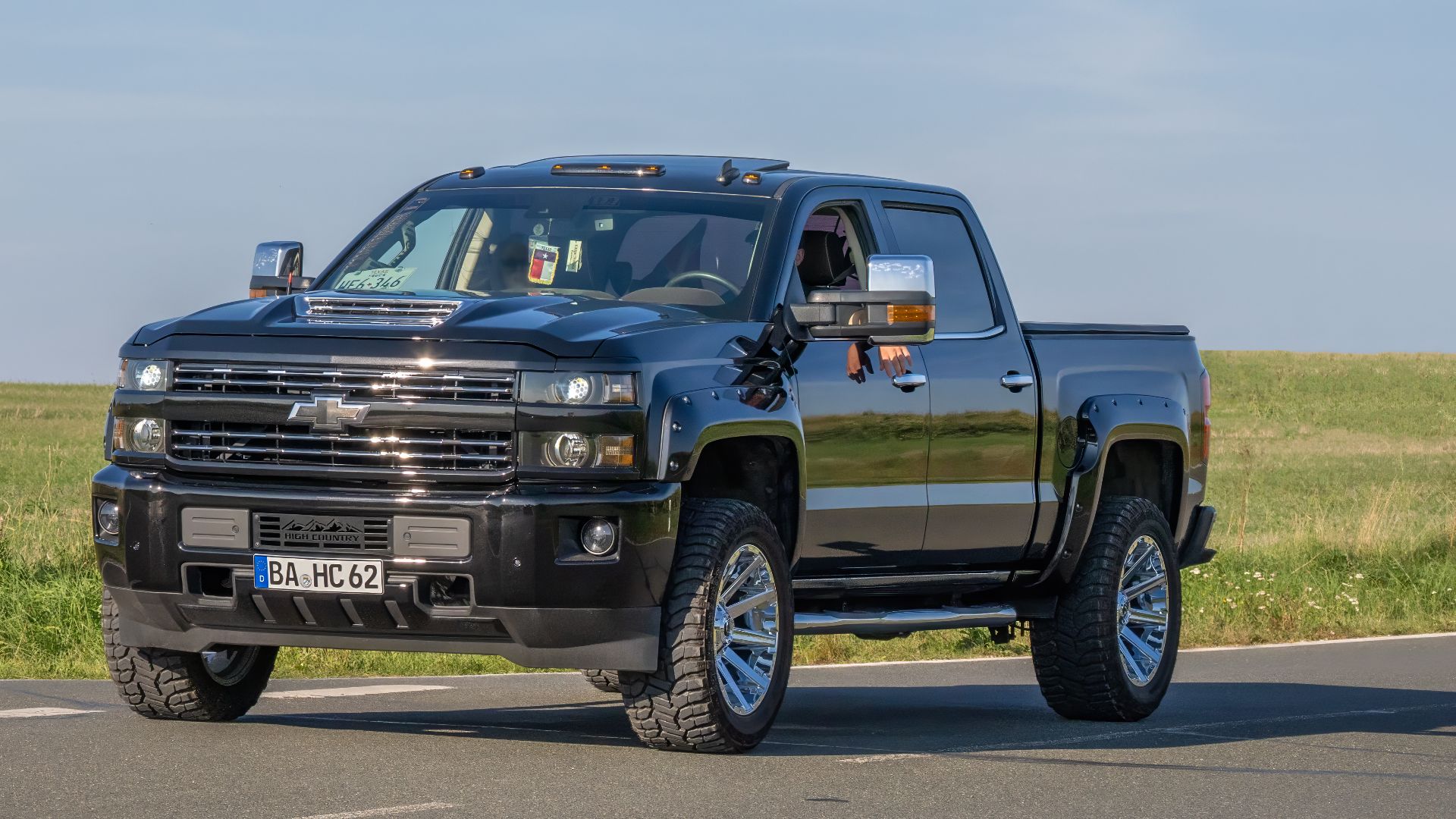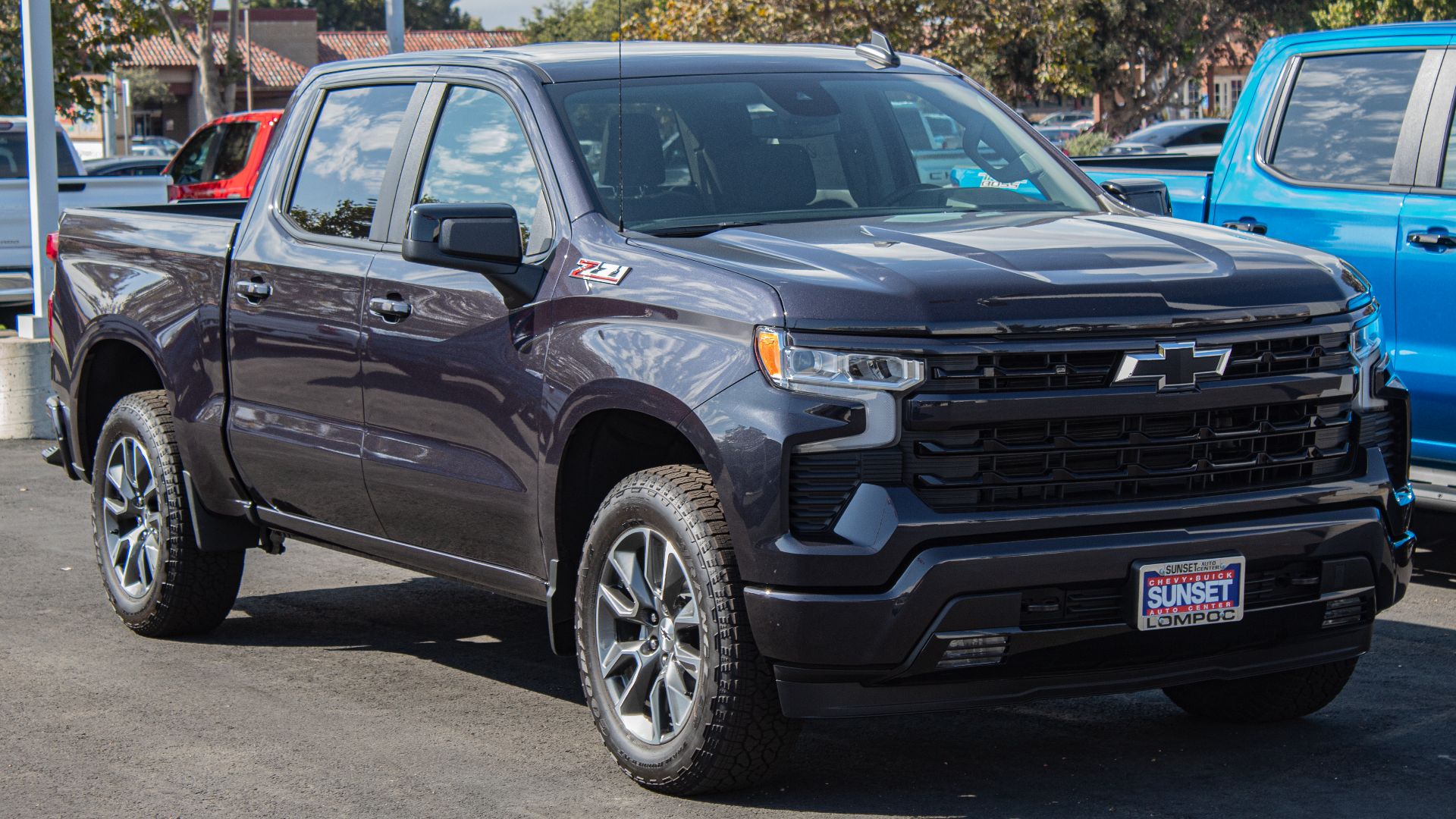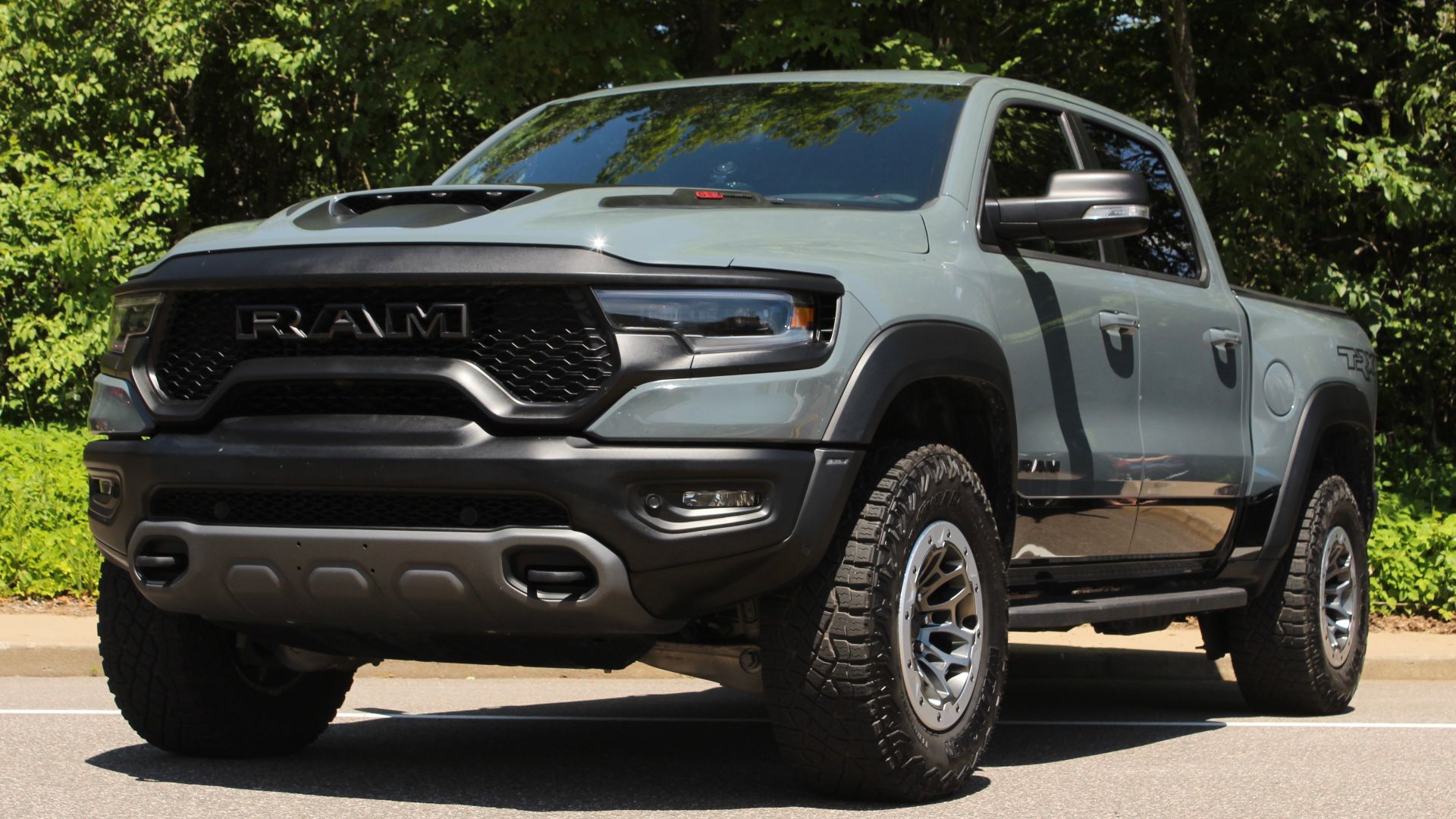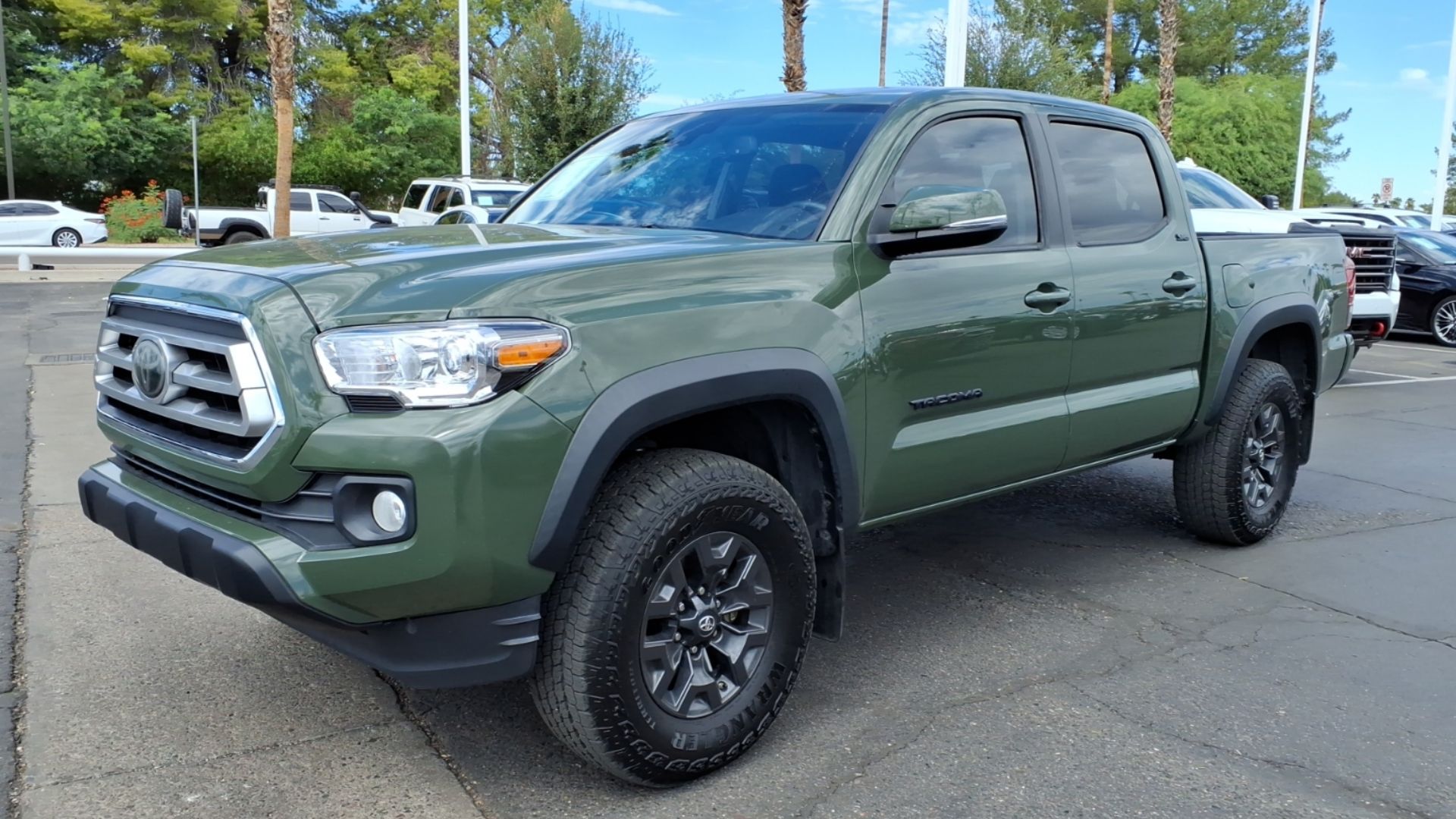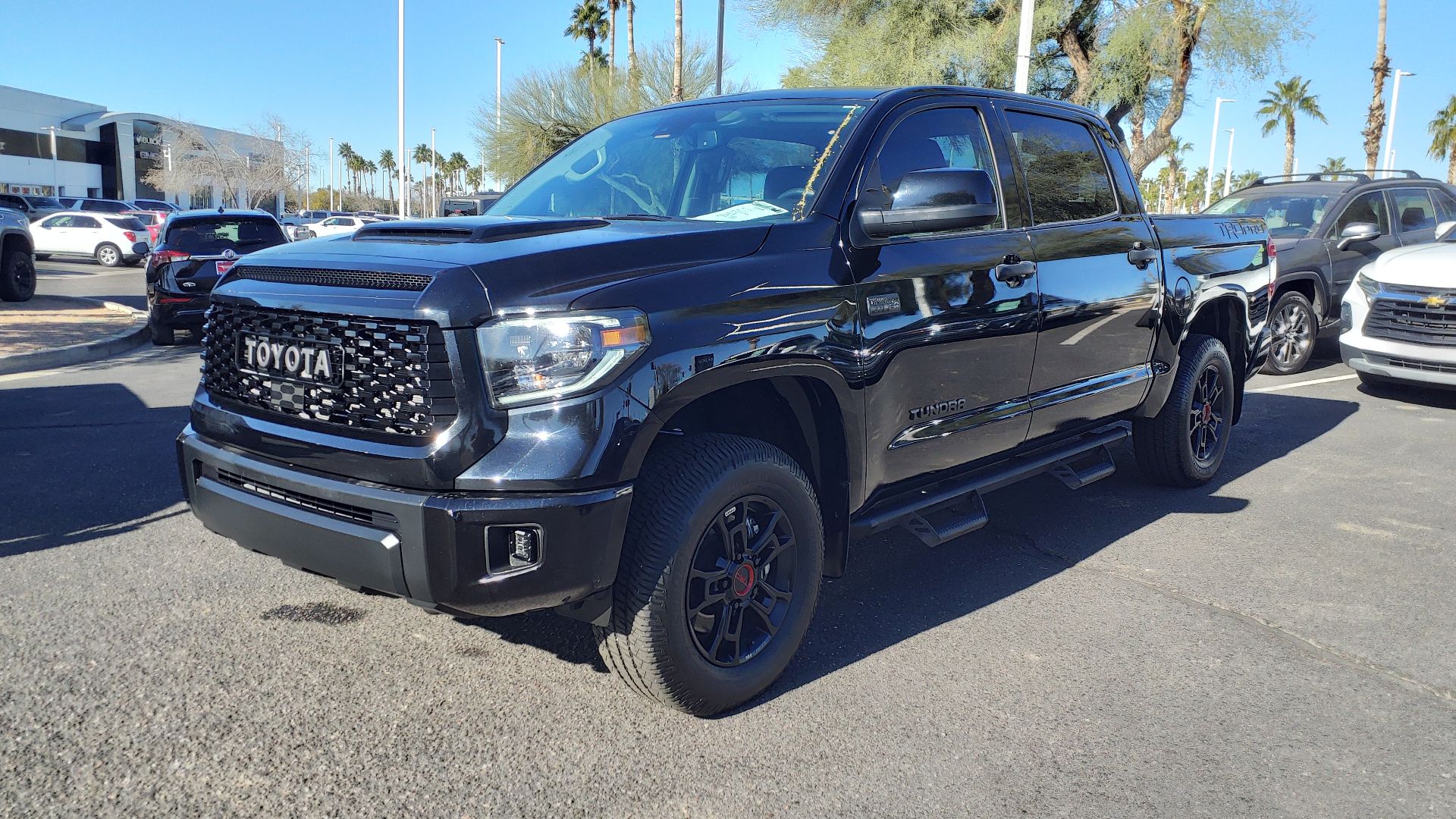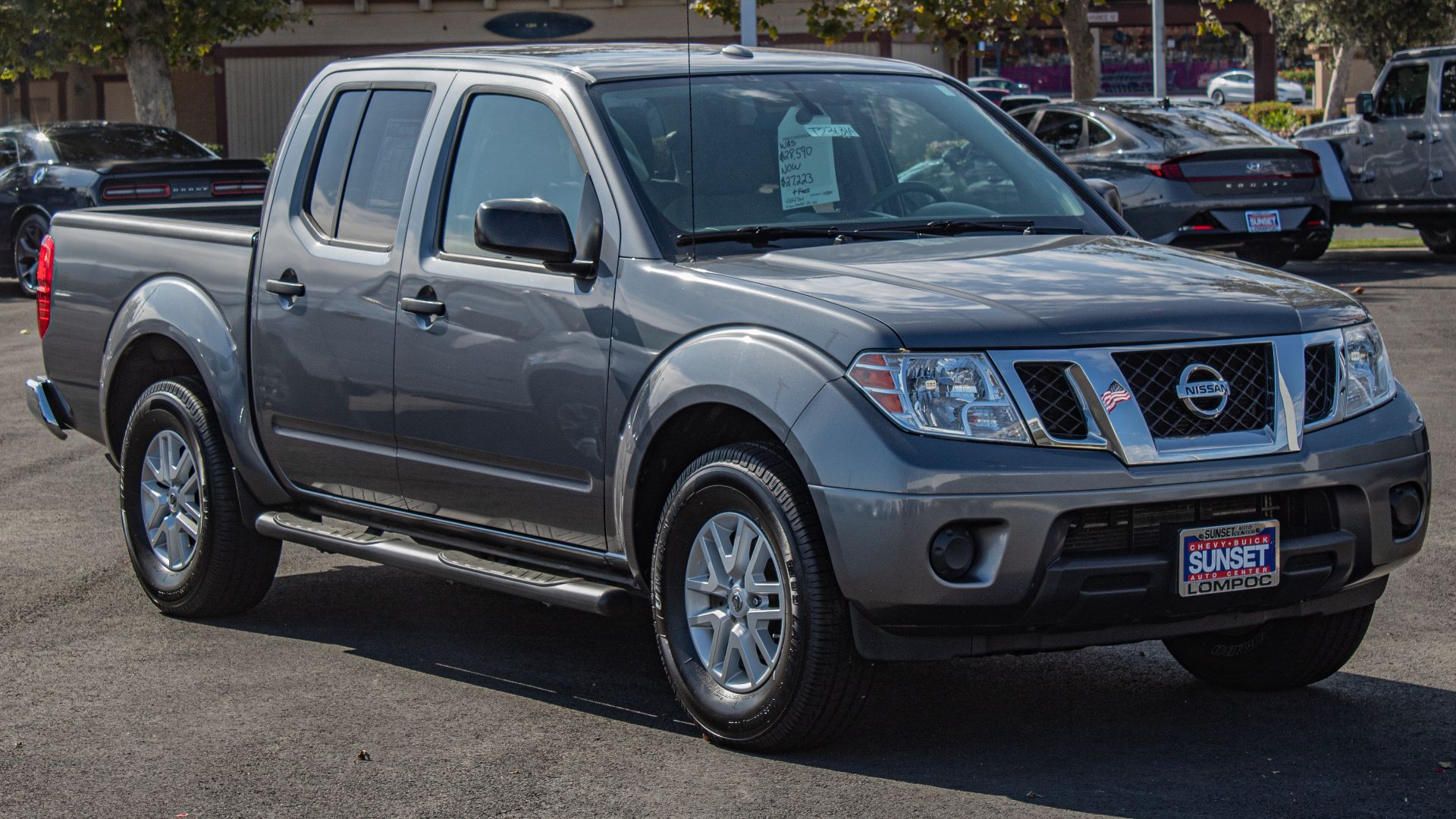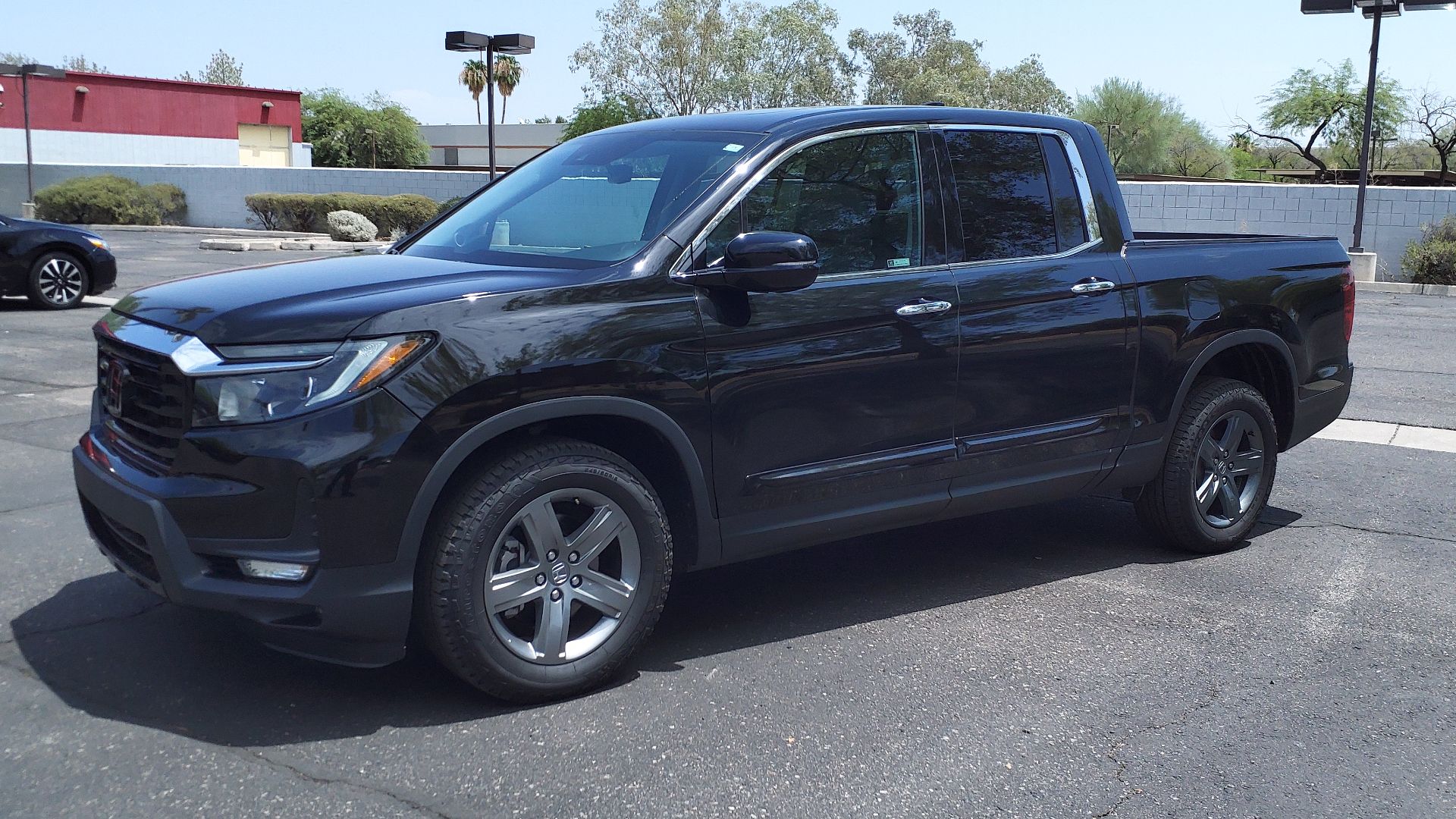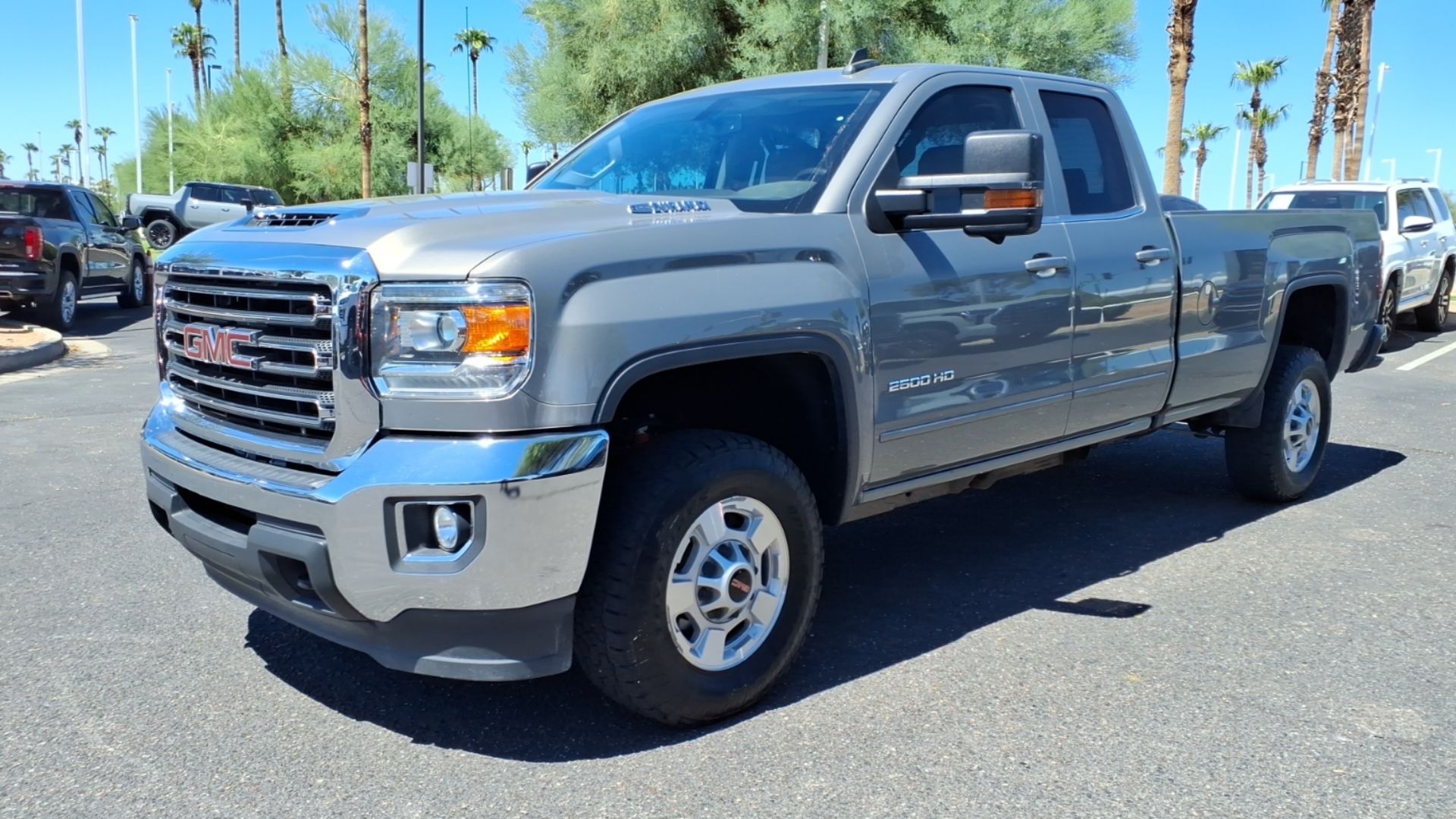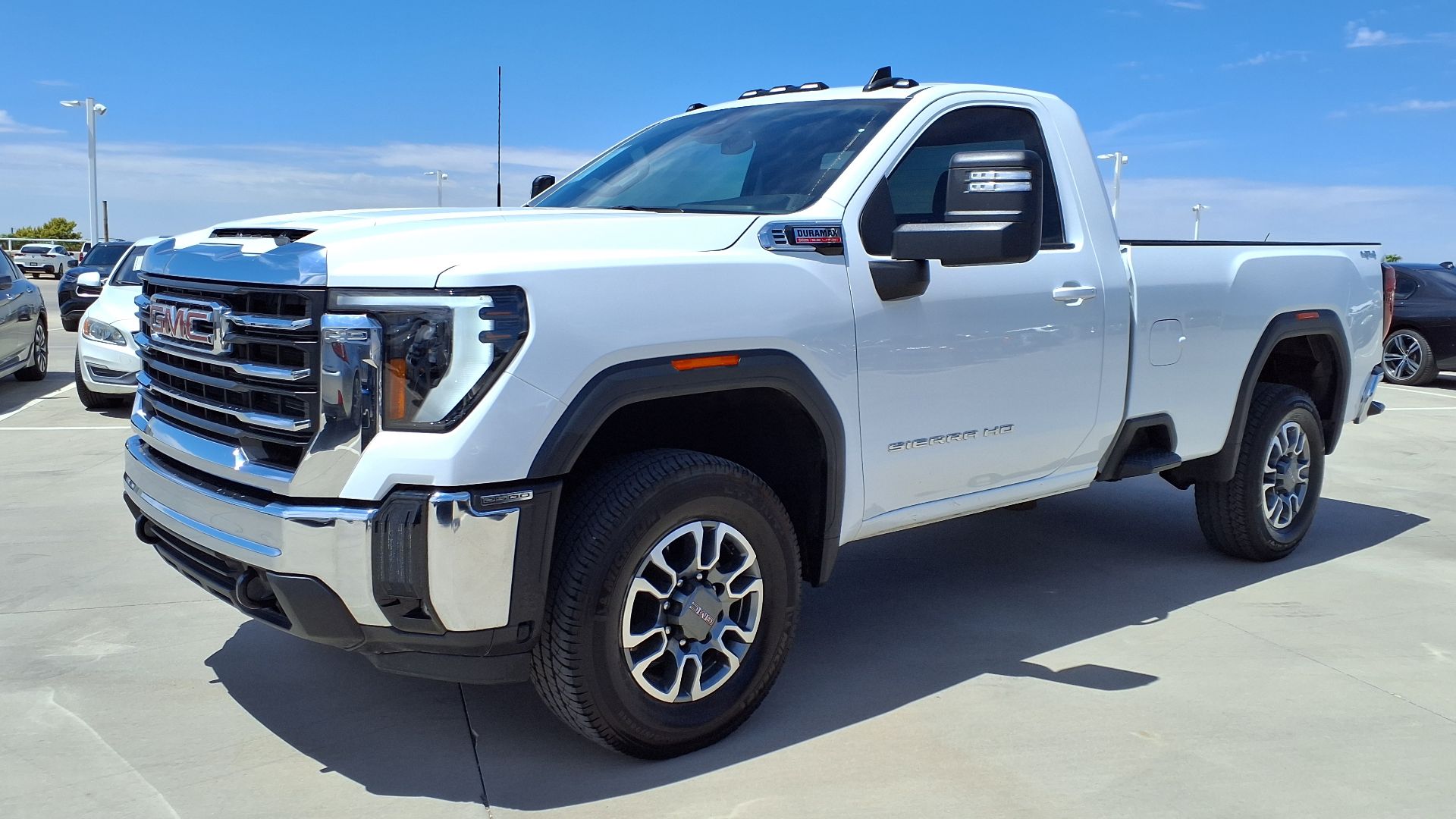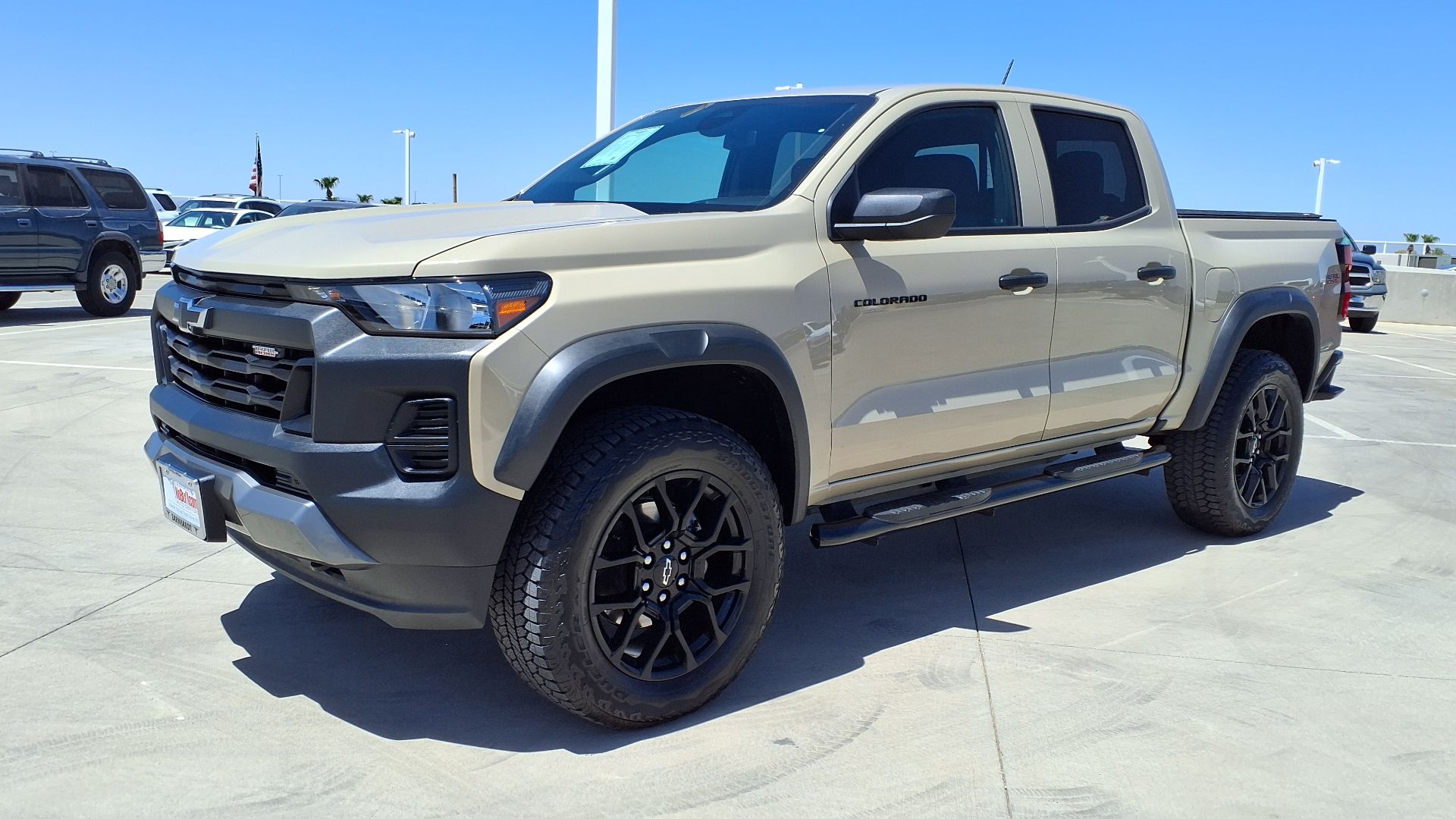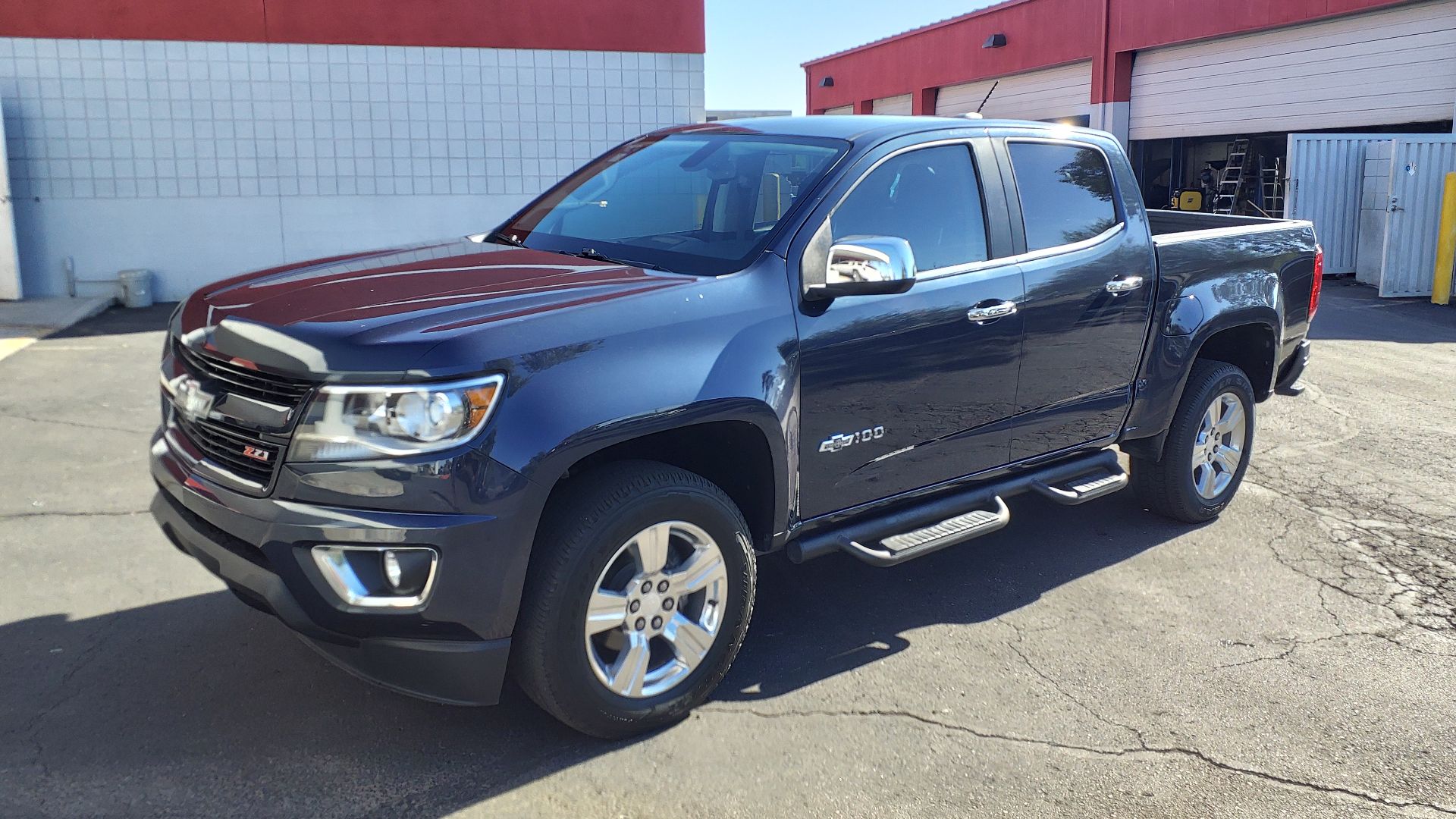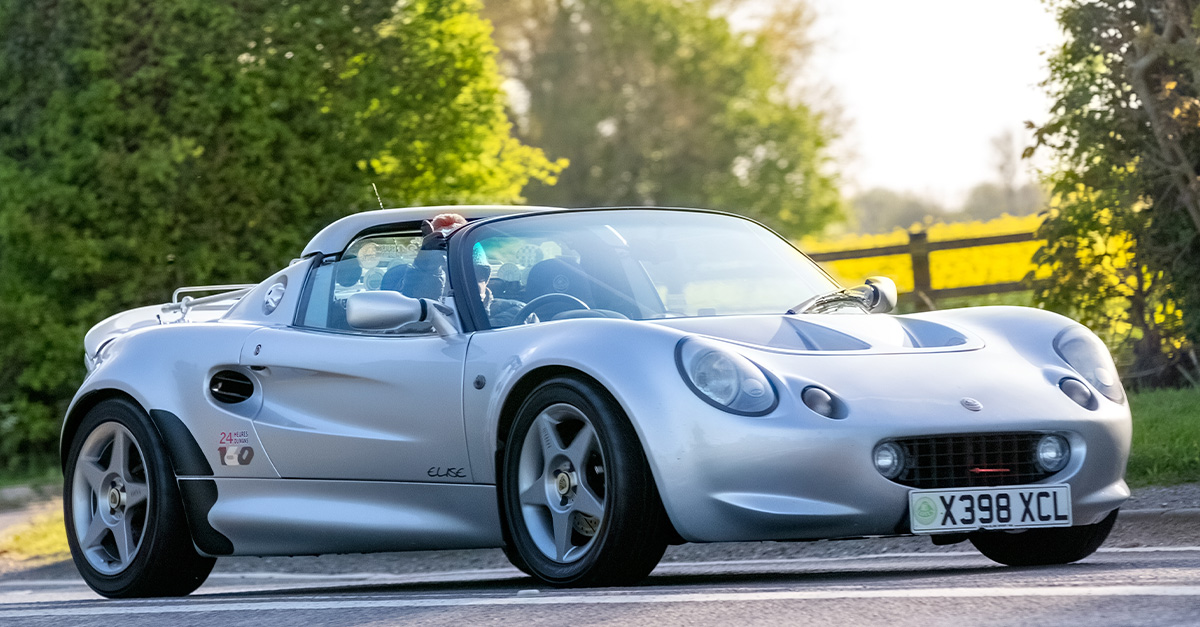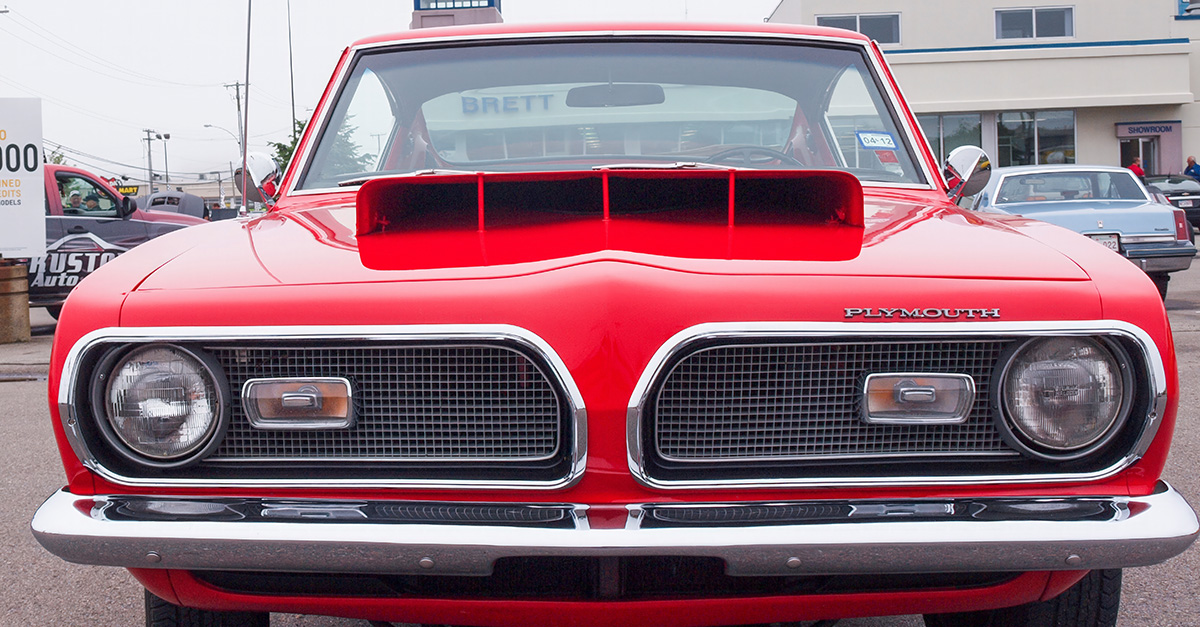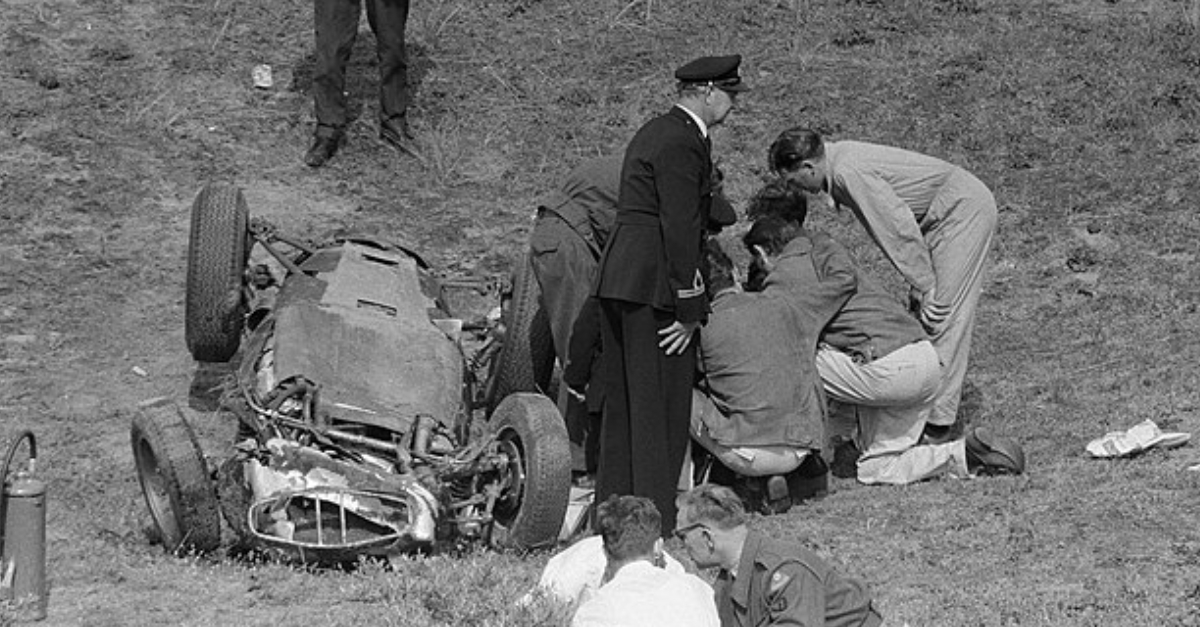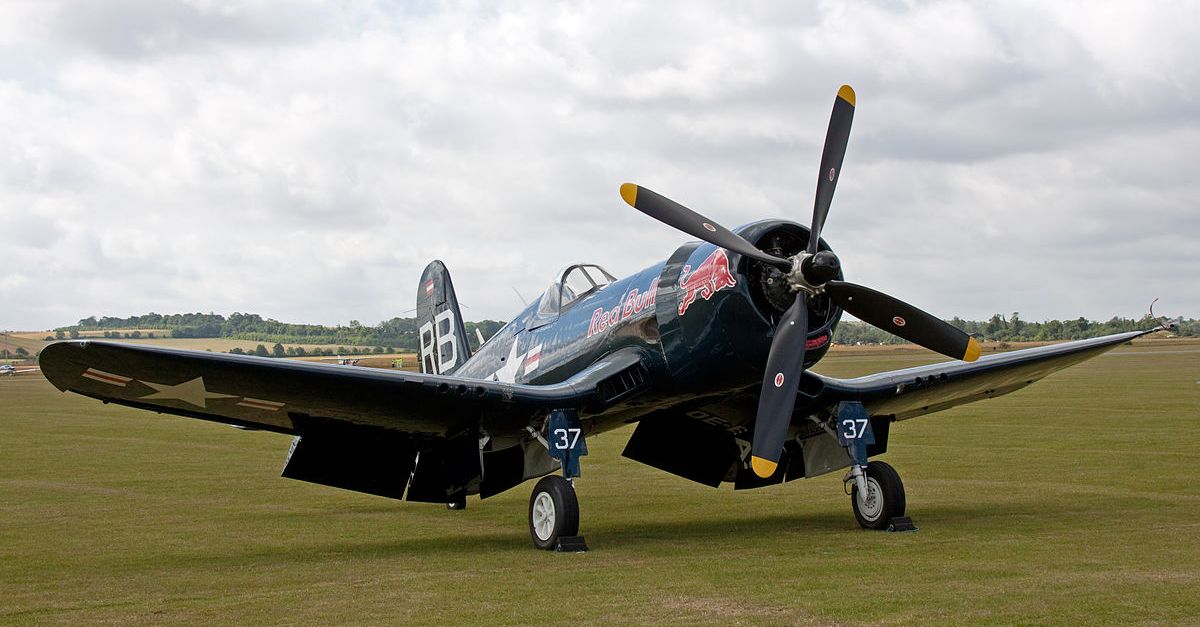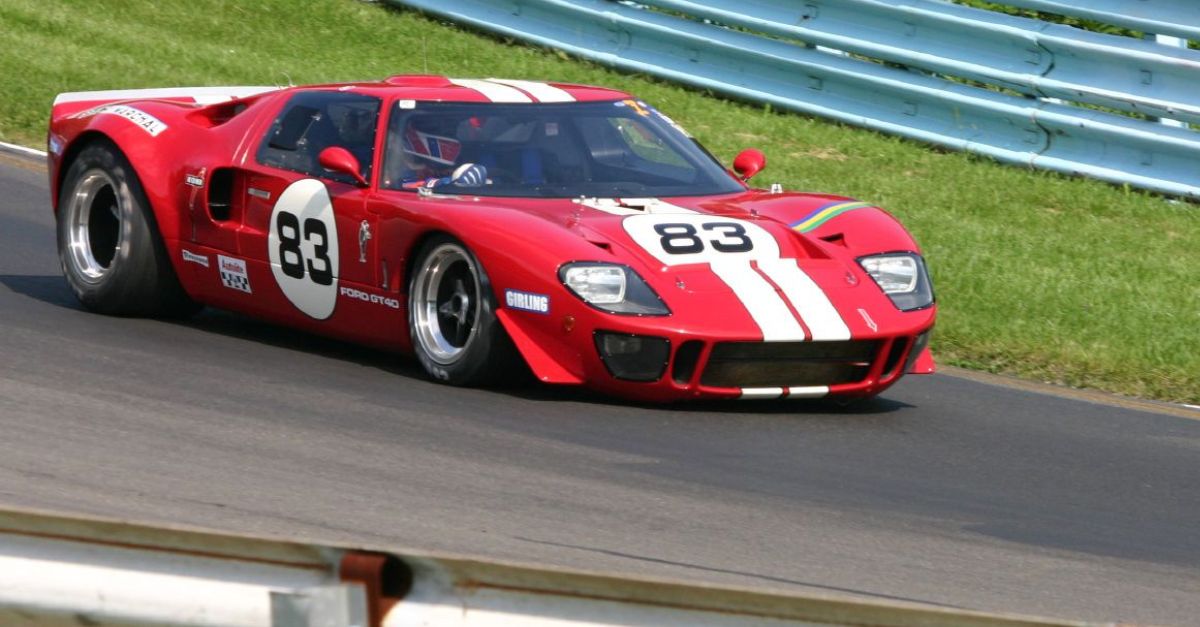The Trucks That Make Mechanics Smile (and Frown)
Ask any mechanic about trucks, and you’ll get an opinion—fast. Some pickups are brilliant to work on…until they aren’t. They’re reliable, rugged, and cleverly built—but still capable of turning a simple job into a full-blown headache. Here’s a look at the trucks mechanics both praise and curse, often in the same breath.
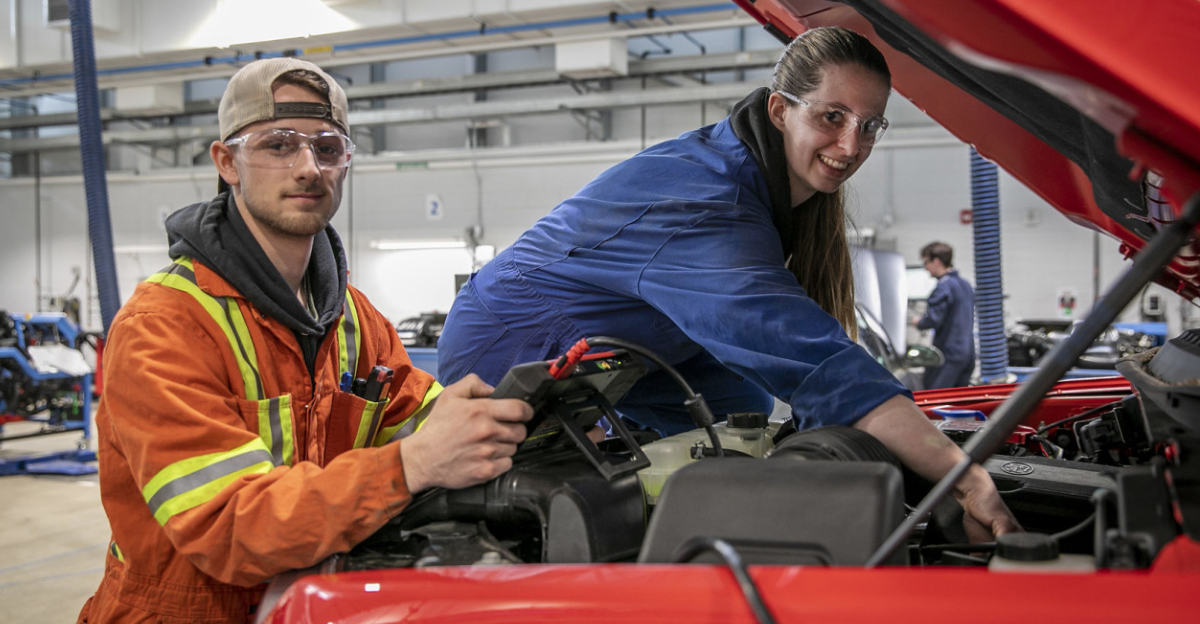
Ford F-150 (The Love)
Mechanics respect the F-150 because it’s everywhere—and that means they know it inside and out. The parts are easy to find, the older engines are simple and strong, and Ford’s layout (in most years) makes common repairs straightforward. It’s a workhorse that’s proven its mettle over decades, and its versatility keeps it a favorite in the shop.
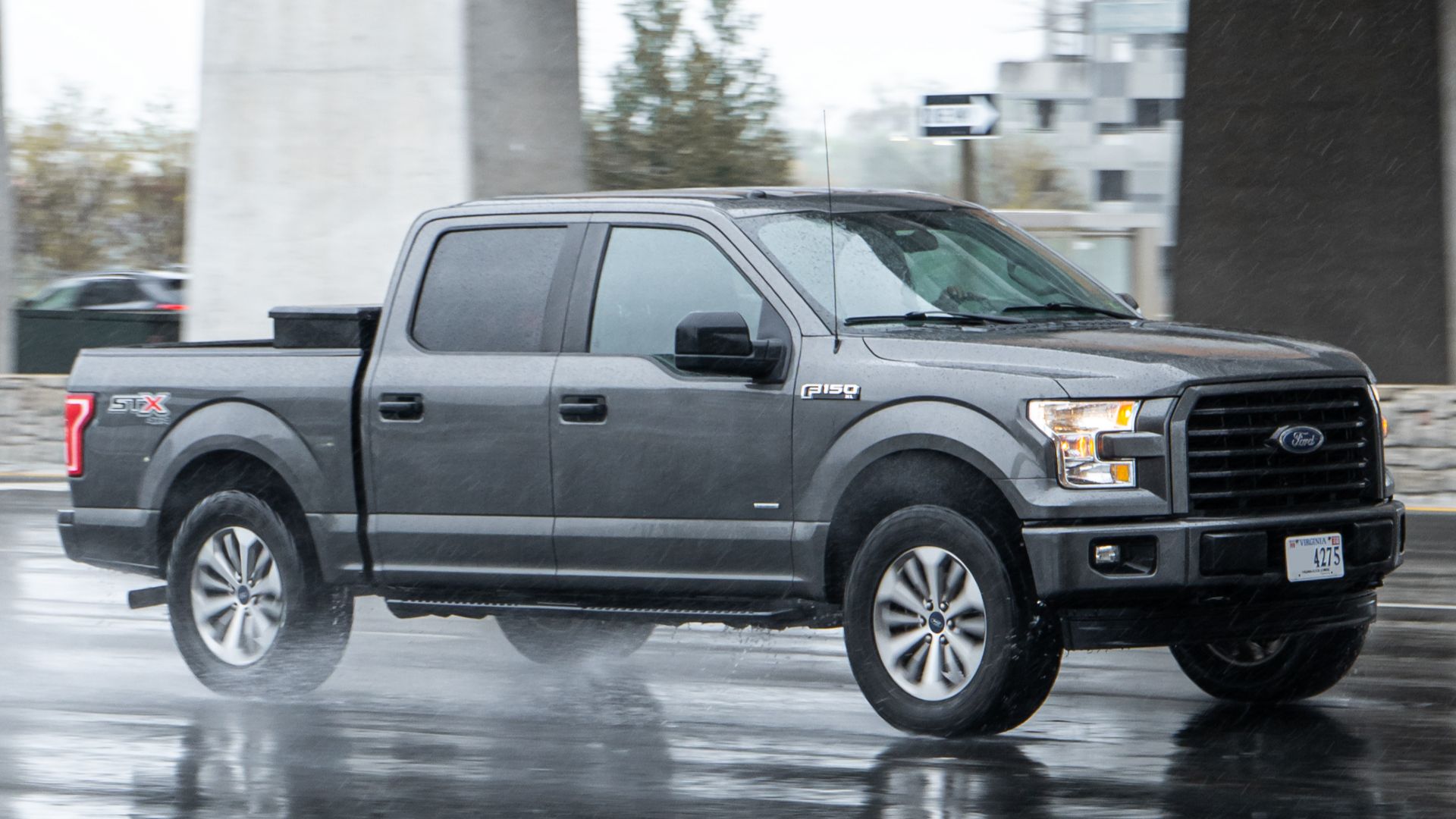 OWS Photography, Wikimedia Commons
OWS Photography, Wikimedia Commons
Ford F-150 (The Hate)
Once you pop the hood on a newer F-150, that love fades fast. The EcoBoost and PowerBoost systems introduced a maze of sensors, tight spaces, and complex wiring. Even experienced techs groan when faced with a turbo or hybrid issue. It’s a prime example of a great truck that’s become a little too smart for its own good.
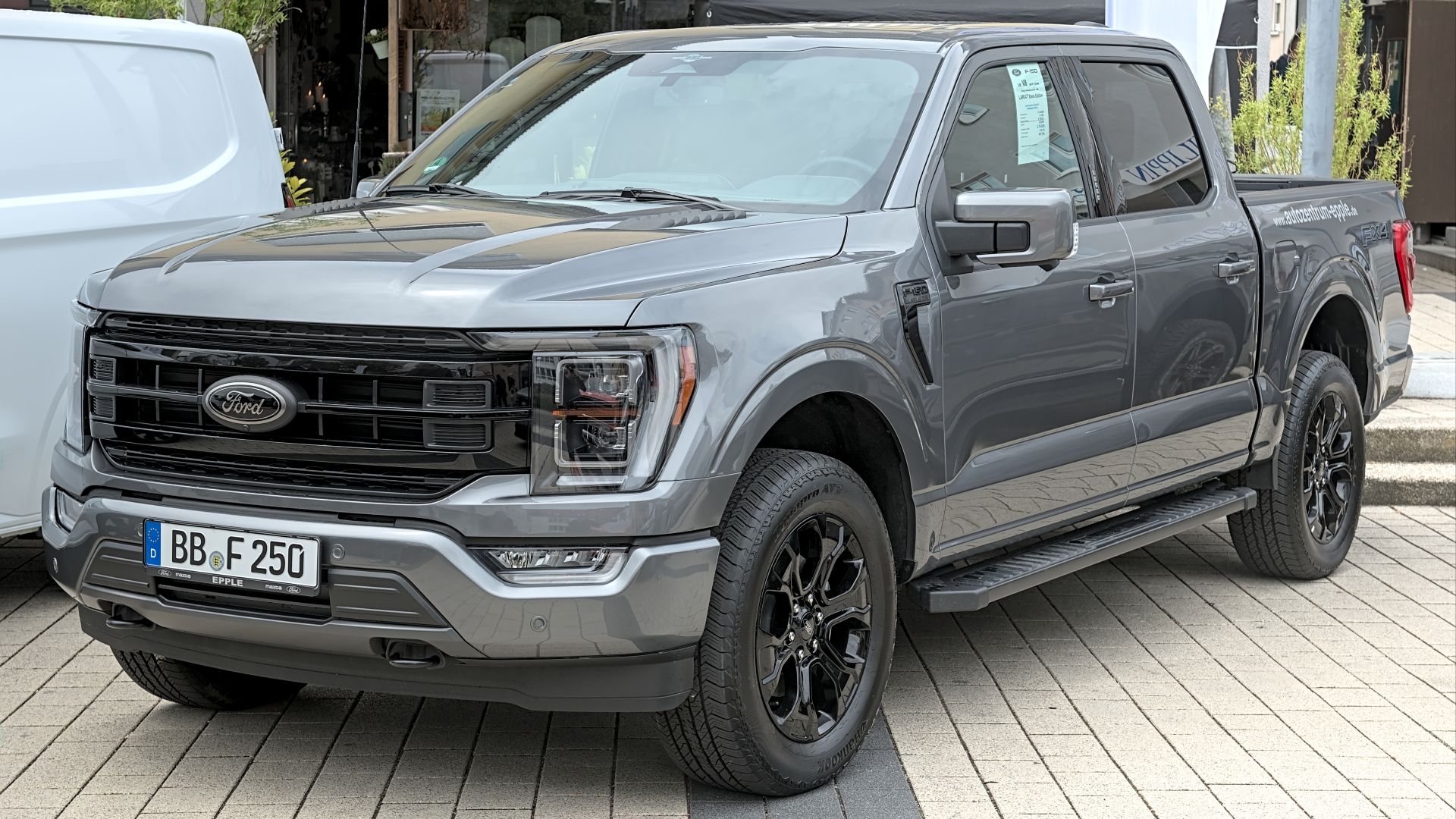 Alexander Migl, Wikimedia Commons
Alexander Migl, Wikimedia Commons
Chevrolet Silverado (The Love)
Mechanics appreciate the Silverado for being familiar and fixable. It’s a staple in American garages, with solid small-block engines and an endless supply of parts. Even high-mileage models often hang in there if maintained properly. For most technicians, it’s the kind of truck that just makes sense to work on.
Chevrolet Silverado (The Hate)
That respect disappears when dealing with certain electrical gremlins or rusty brake lines—two problems older Silverados are notorious for. Transmission quirks in specific model years can also make them a chore. The truck’s popularity means every issue is amplified—mechanics see the same problems again and again.
Ram 1500 (The Love)
The Ram 1500 wins praise for its smooth ride, strong engines, and comfortable interiors. Mechanics often highlight the Hemi V8 for its power and relative durability. In the right years, these trucks are a joy to drive and relatively cooperative to repair.
Ram 1500 (The Hate)
Unfortunately, that goodwill ends at the transmission. Mechanics have plenty of stories about shuddering gearboxes and finicky electrical systems. Some call it a truck that’s great until it isn’t. When things go wrong, they go expensively wrong—and usually right out of warranty.
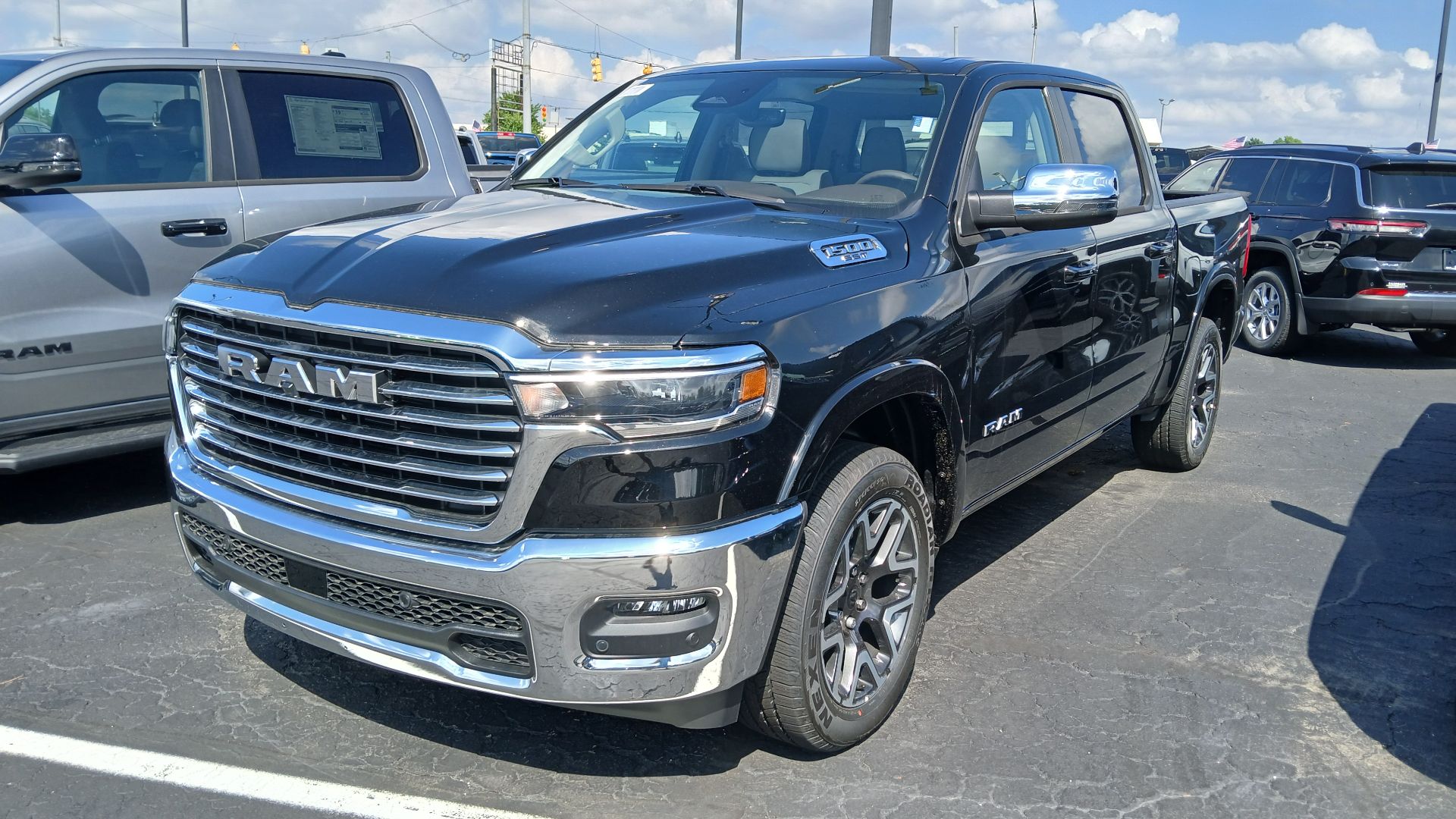 Deathpallie325, Wikimedia Commons
Deathpallie325, Wikimedia Commons
Toyota Tacoma (The Love)
Ask any mechanic which truck they’d buy personally, and the Tacoma comes up a lot. It’s famously reliable, built to last, and rarely surprises you with something catastrophic. The engine bay is well organized, and even older models are still running strong.
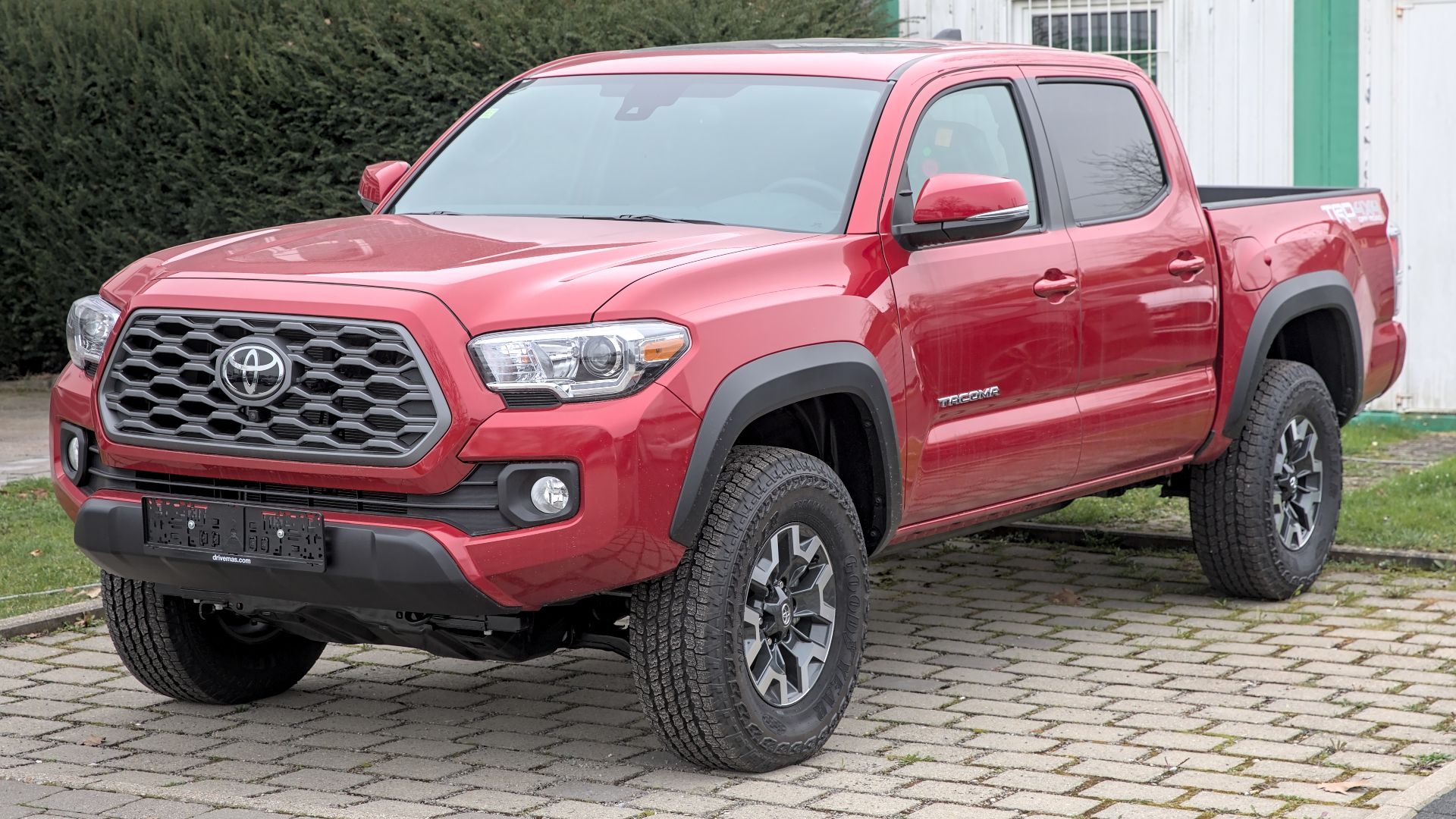 Alexander-93, Wikimedia Commons
Alexander-93, Wikimedia Commons
Toyota Tacoma (The Hate)
But nothing’s perfect—especially when you live in the Rust Belt. Mechanics frequently gripe about frame rust and expensive suspension work. Access to certain components (like the clutch slave cylinder) can also test your patience. It’s reliable, yes—but not always fun to wrench on.
Toyota Tundra (The Love)
The Tundra earns mechanic respect for its bulletproof engines and heavy-duty design. The older 5.7-liter V8s are considered nearly indestructible, and maintenance tends to be simple. It’s one of the few full-size pickups that consistently feels overbuilt in a good way.
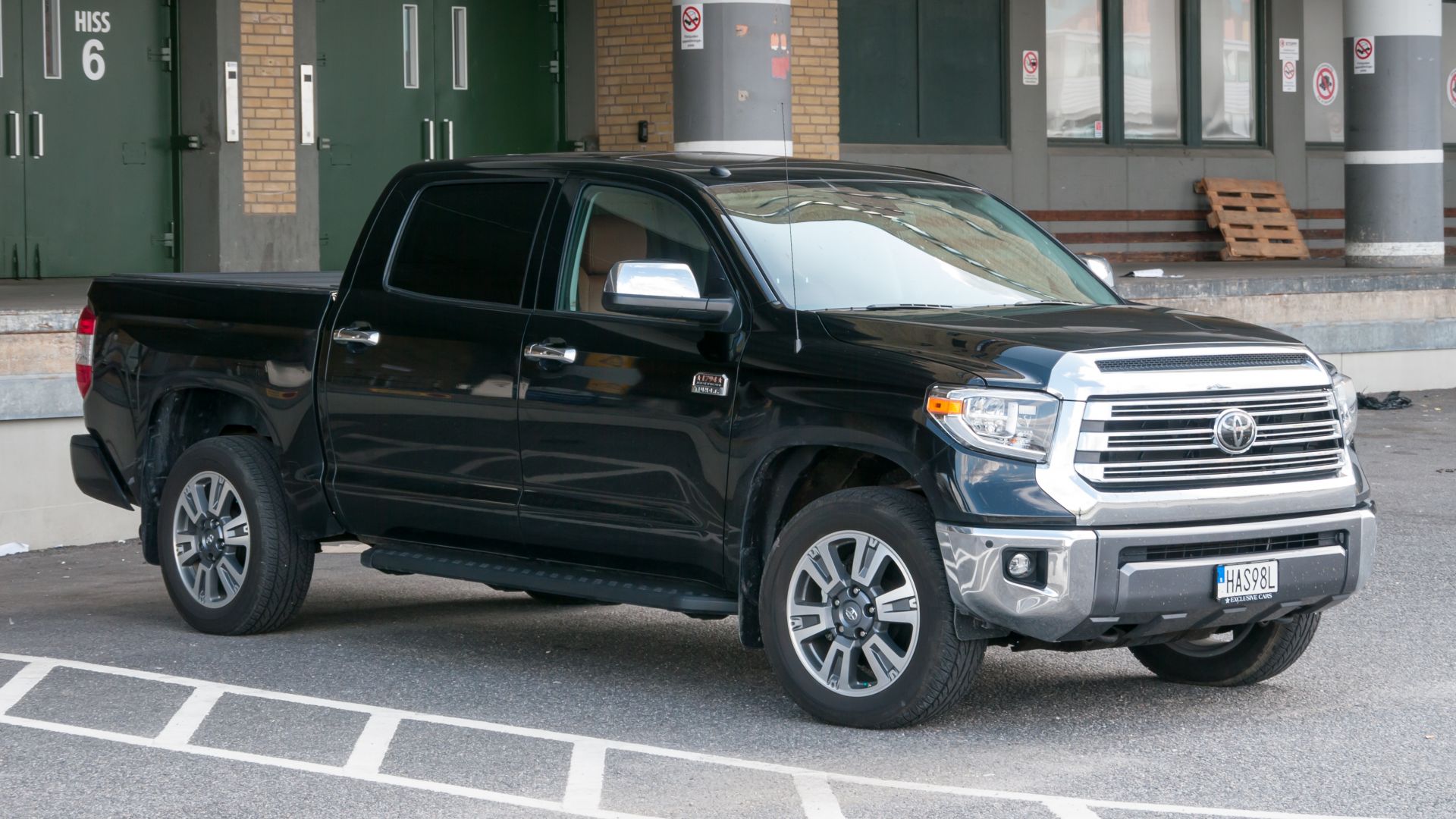 Matti Blume, Wikimedia Commons
Matti Blume, Wikimedia Commons
Toyota Tundra (The Hate)
The downside? Fuel economy and size. Mechanics joke that you need a ladder just to check the oil, and replacing parts often requires removing massive components. The newer turbo-hybrid models also introduce more complexity than most techs would like.
Nissan Frontier (The Love)
The Frontier is the quiet hero of mid-size pickups—affordable, tough, and simple. Mechanics like how easy it is to work on, especially the earlier generations. It’s not flashy, but it rarely fails in surprising ways.
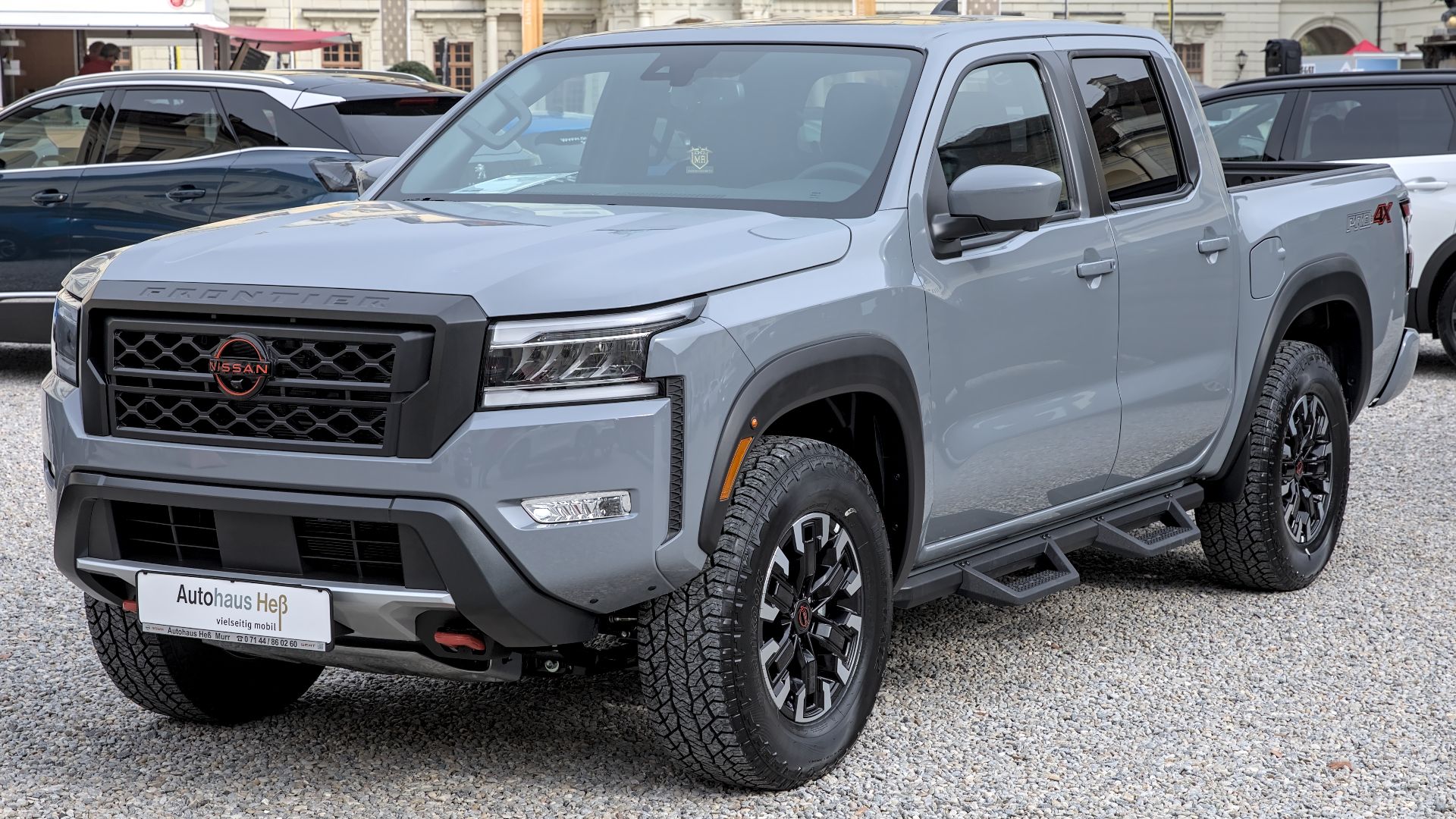 Alexander Migl, Wikimedia Commons
Alexander Migl, Wikimedia Commons
Nissan Frontier (The Hate)
The flip side: aging technology and cheap materials. Some mechanics compare working on older Frontiers to going back in time—basic, but not always well designed. Transmission failures in mid-2000s models are infamous and keep these trucks on lifts longer than owners expect.
Honda Ridgeline (The Love)
The Ridgeline gets credit for reliability and comfort. Mechanics appreciate that it uses proven Honda parts and doesn’t need much attention. For daily drivers who want pickup utility without the pain, it’s a clever compromise.
Honda Ridgeline (The Hate)
But to traditional truck mechanics, it’s… not really a truck. The unibody frame and car-like layout make repairs less intuitive. You can’t abuse it like a body-on-frame pickup, and heavy-duty work reveals its limitations. Mechanics often respect it but don’t quite love it.
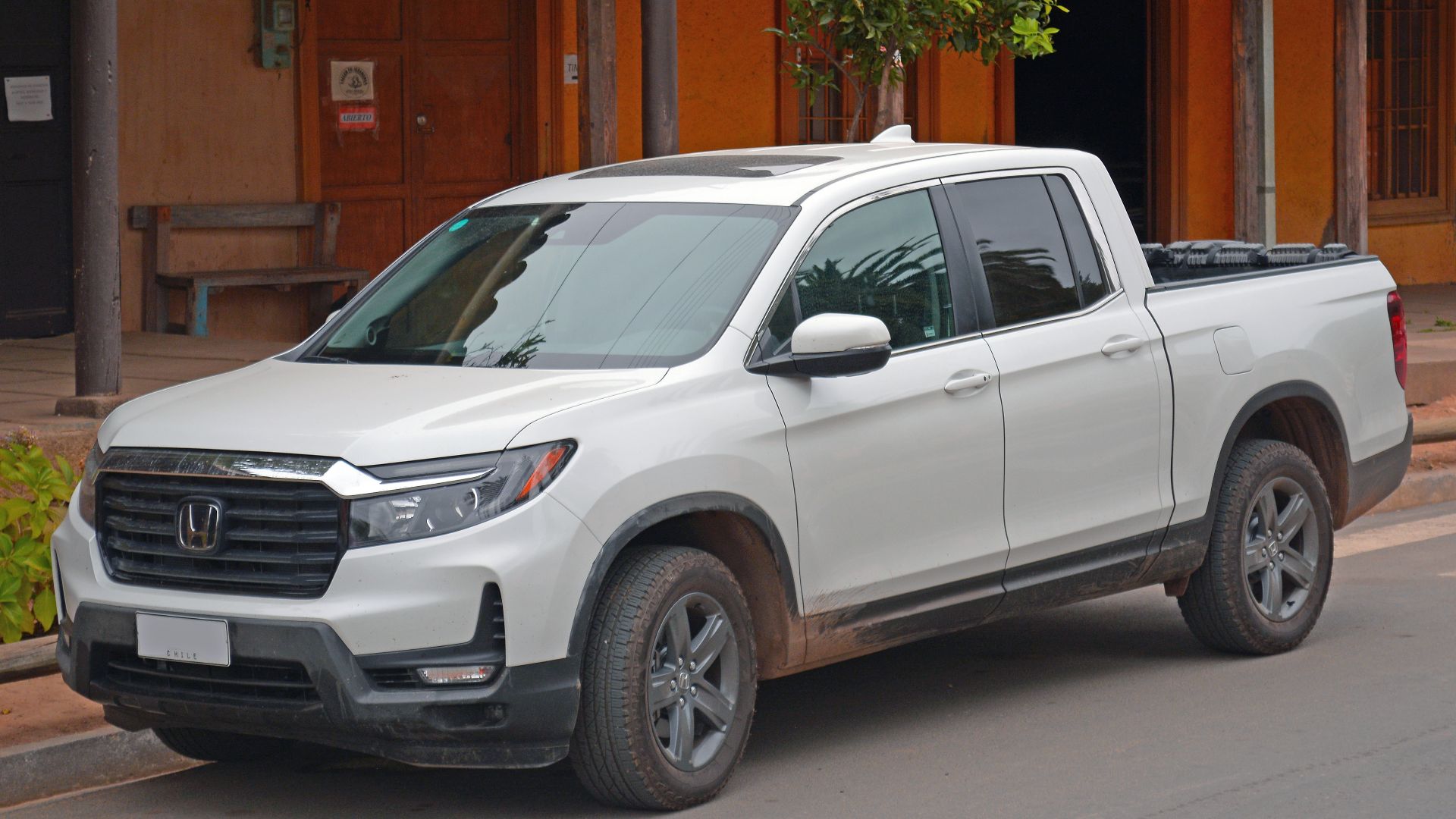 RL GNZLZ from Chile, Wikimedia Commons
RL GNZLZ from Chile, Wikimedia Commons
GMC Sierra (The Love)
The Sierra earns points for comfort and dependability. It’s the Silverado’s more refined twin, with the same straightforward engines and layout. Mechanics who’ve spent years working on GM trucks often say, If you can fix one, you can fix them all.
GMC Sierra (The Hate)
Still, many of the Silverado’s weak points—especially electrical faults and corrosion—show up here too. Some mechanics also complain that GMC’s luxury trim options mean tight spaces and fragile interior components during disassembly.
Ford Ranger (The Love)
The Ranger is a compact, practical truck that’s relatively easy to maintain. Mechanics like its simplicity, decent parts availability, and predictable design. It’s especially appreciated in its older, boxy form—simple, honest, and tough.
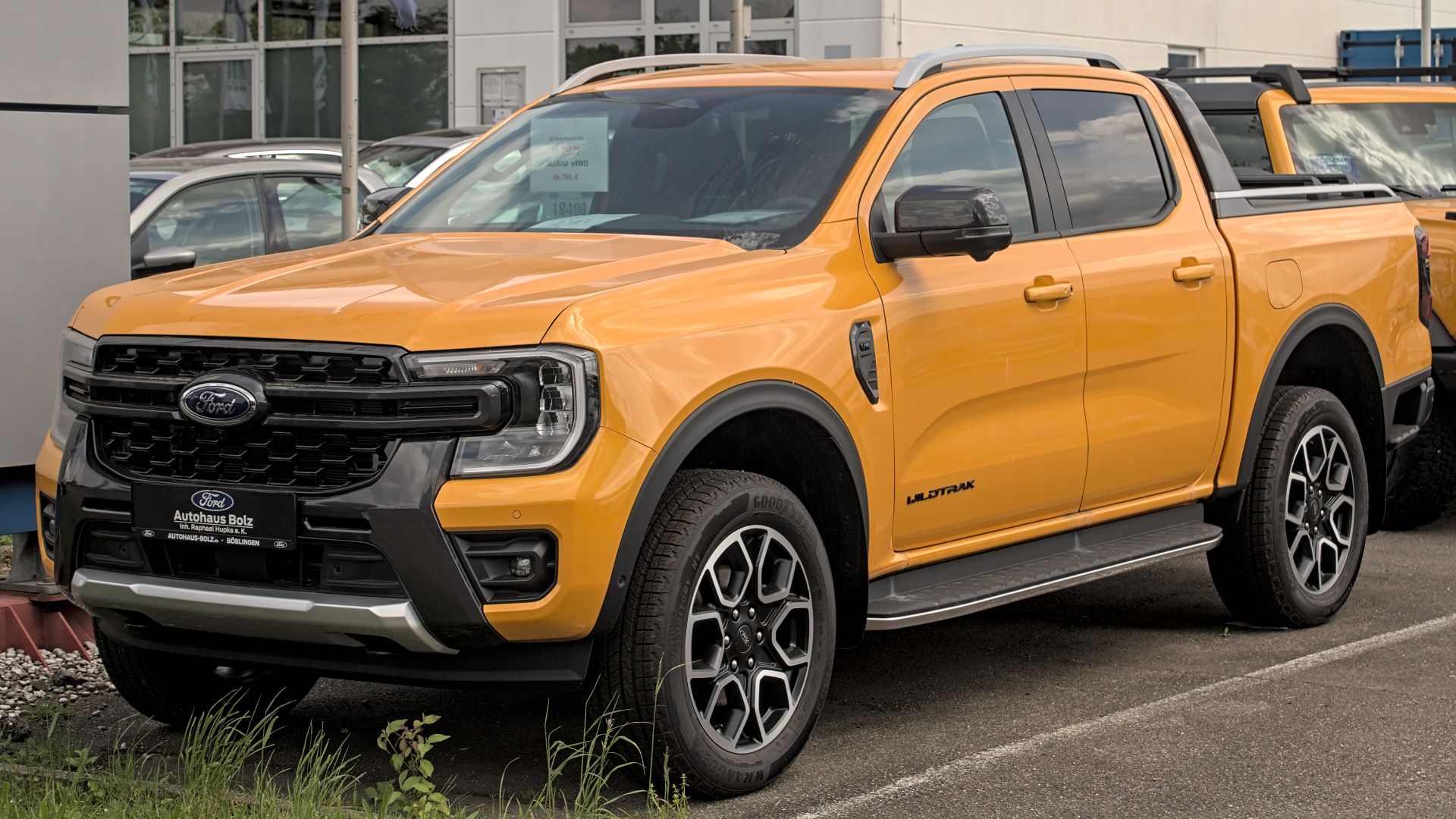 Alexander-93, Wikimedia Commons
Alexander-93, Wikimedia Commons
Ford Ranger (The Hate)
The new turbocharged models, though, are another story. Mechanics grumble about EcoBoost access issues, complex emissions systems, and tight packaging. It’s a small truck that’s sometimes a big pain to work on.
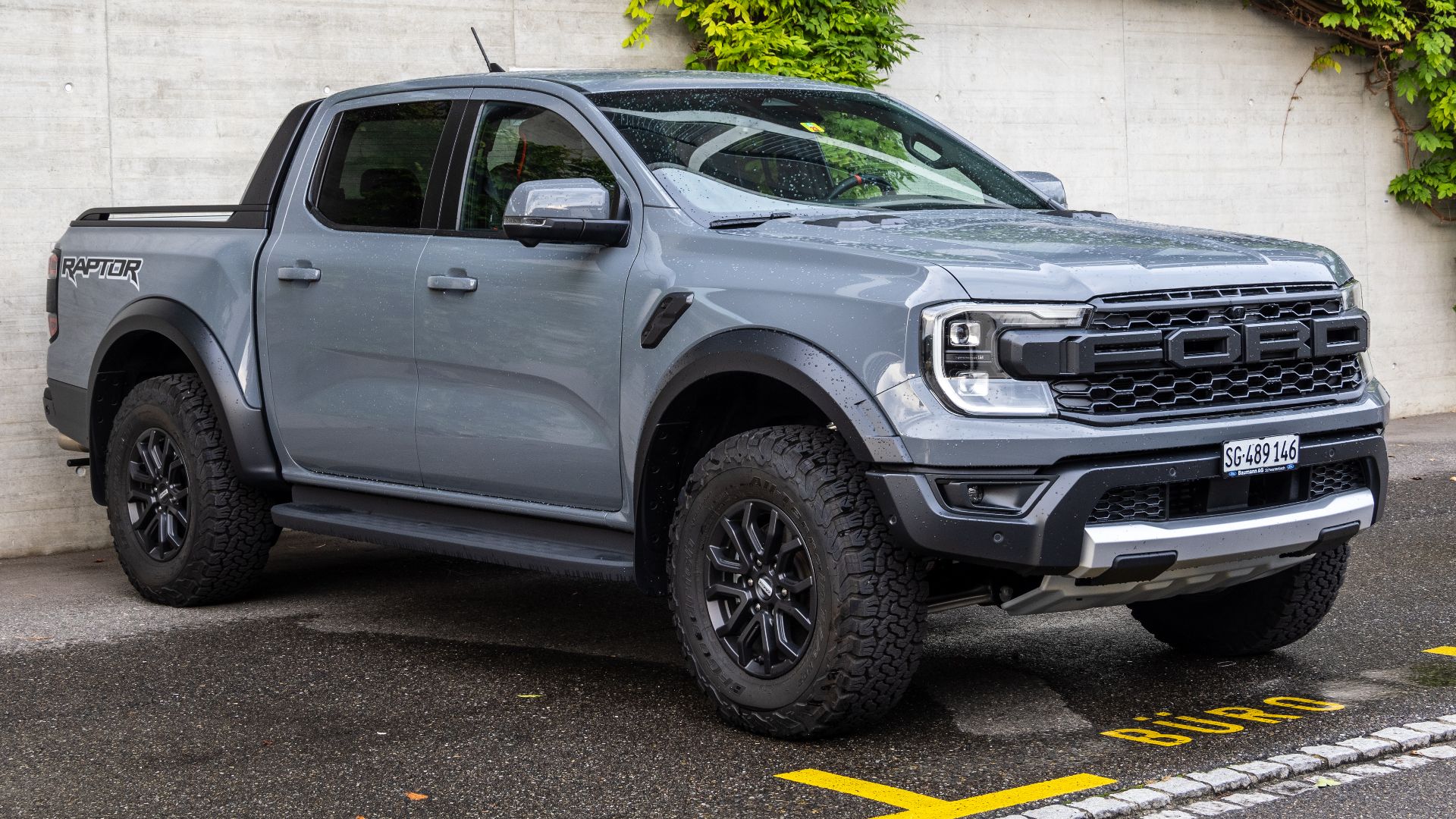 JoachimKohler-HB, Wikimedia Commons
JoachimKohler-HB, Wikimedia Commons
Toyota Hilux (The Love)
Globally, the Hilux is revered. Mechanics love it because it’s designed for brutal conditions—easy to fix, dependable, and nearly indestructible. In many regions, it’s the go-to truck for people who actually depend on their vehicles to survive.
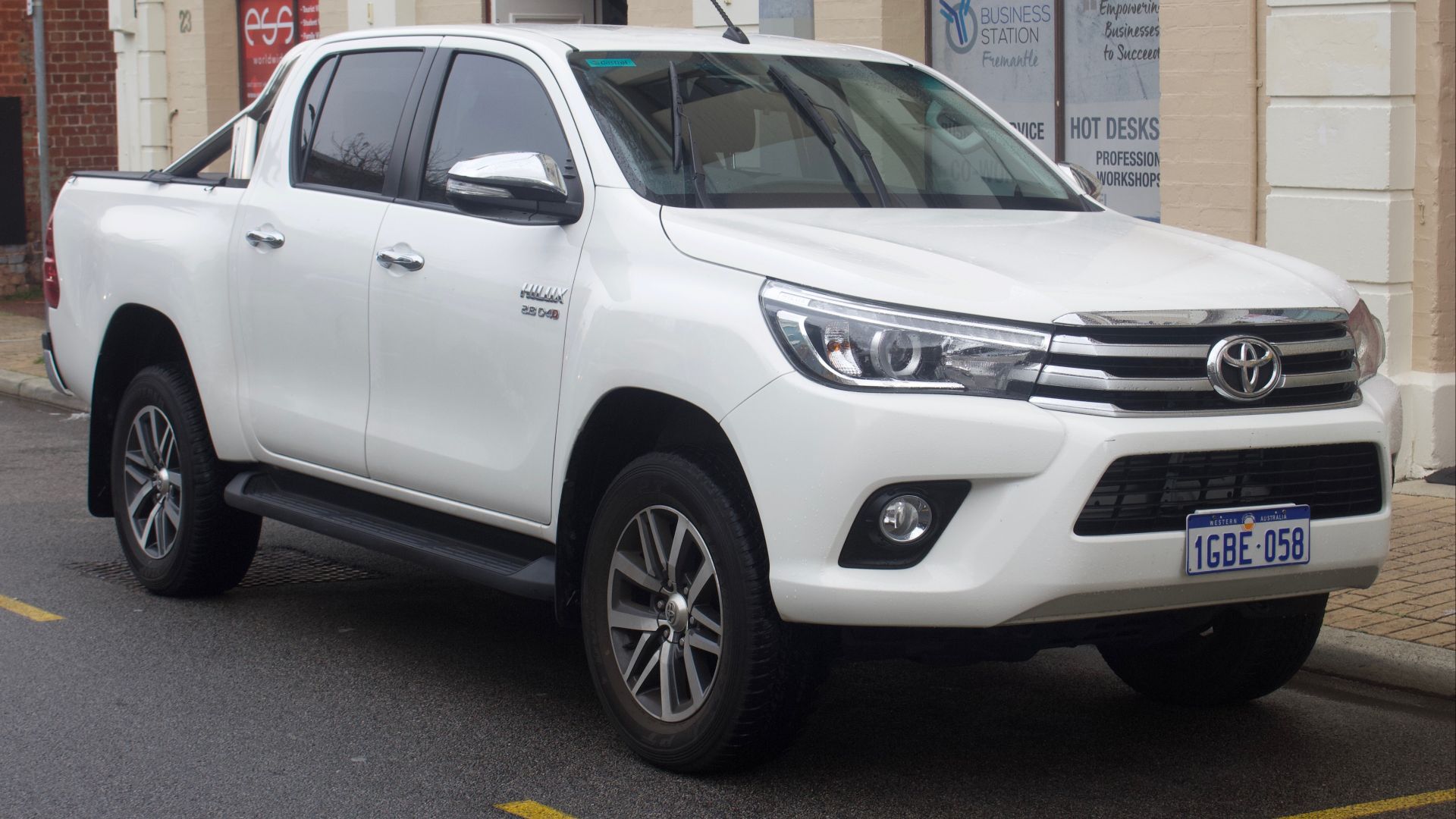 EurovisionNim, Wikimedia Commons
EurovisionNim, Wikimedia Commons
Toyota Hilux (The Hate)
Still, simplicity comes at a cost. The ride is stiff, and older diesels are loud and smoky. Some mechanics find them too basic—especially compared to North American trucks loaded with creature comforts. It’s tough love, literally.
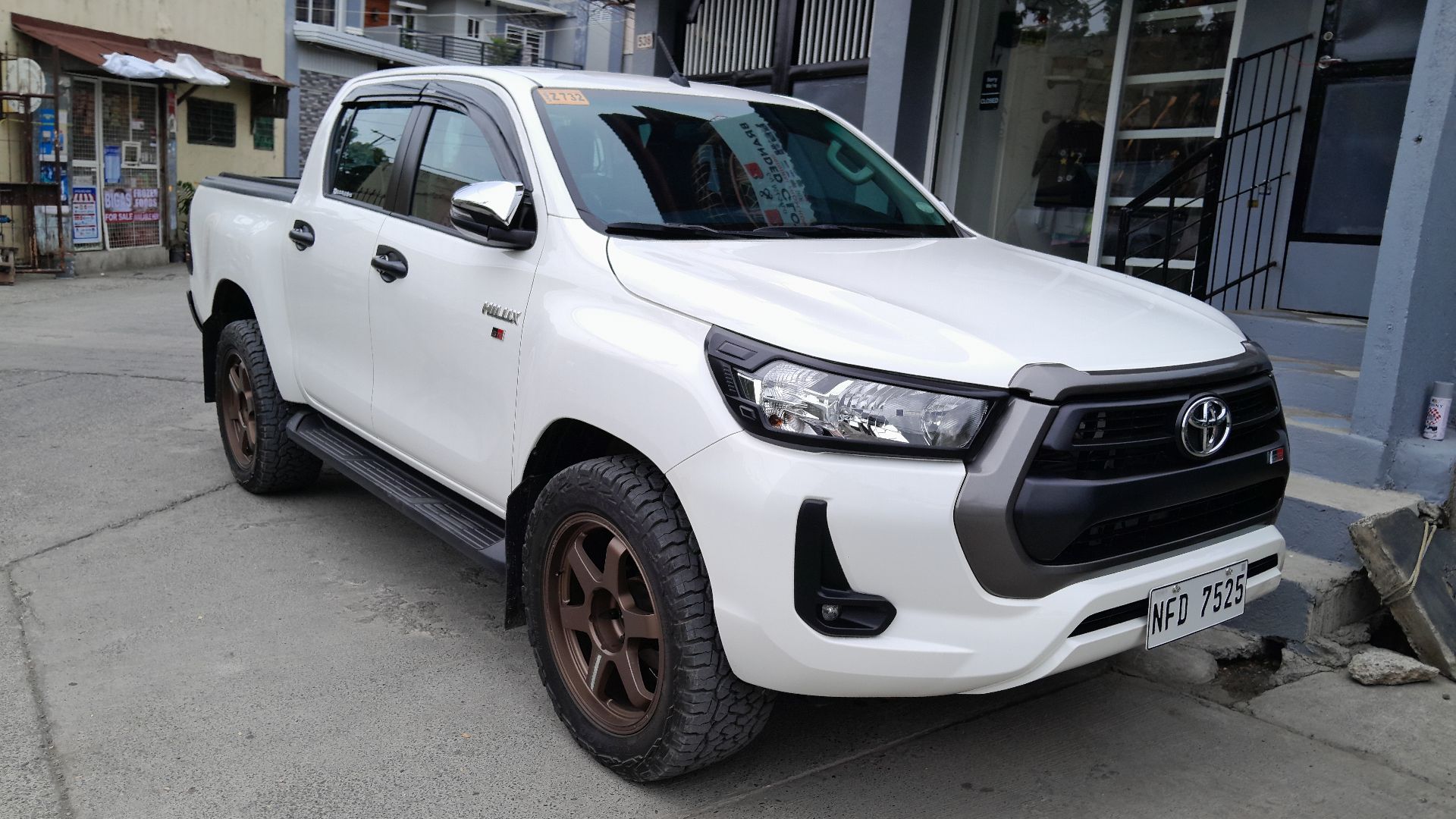 Captainmorlypogi1959, Wikimedia Commons
Captainmorlypogi1959, Wikimedia Commons
Chevrolet Colorado (The Love)
The Colorado gives mechanics a break—it’s smaller, easier to navigate under the hood, and offers efficient engines that don’t overcomplicate things. The 3.6-liter V6 models are known to be durable when maintained.
Chevrolet Colorado (The Hate)
However, mechanics dislike how tight the engine bay can feel and note premature drivetrain wear in certain models. And the diesel variants, while efficient, are notorious for finicky emissions systems that cause more headaches than they’re worth.
Isuzu D-Max (The Love)
Around the world, the Isuzu D-Max is respected for its bulletproof diesel engines and rugged simplicity. Mechanics appreciate its no-nonsense engineering and excellent serviceability—especially in remote areas.
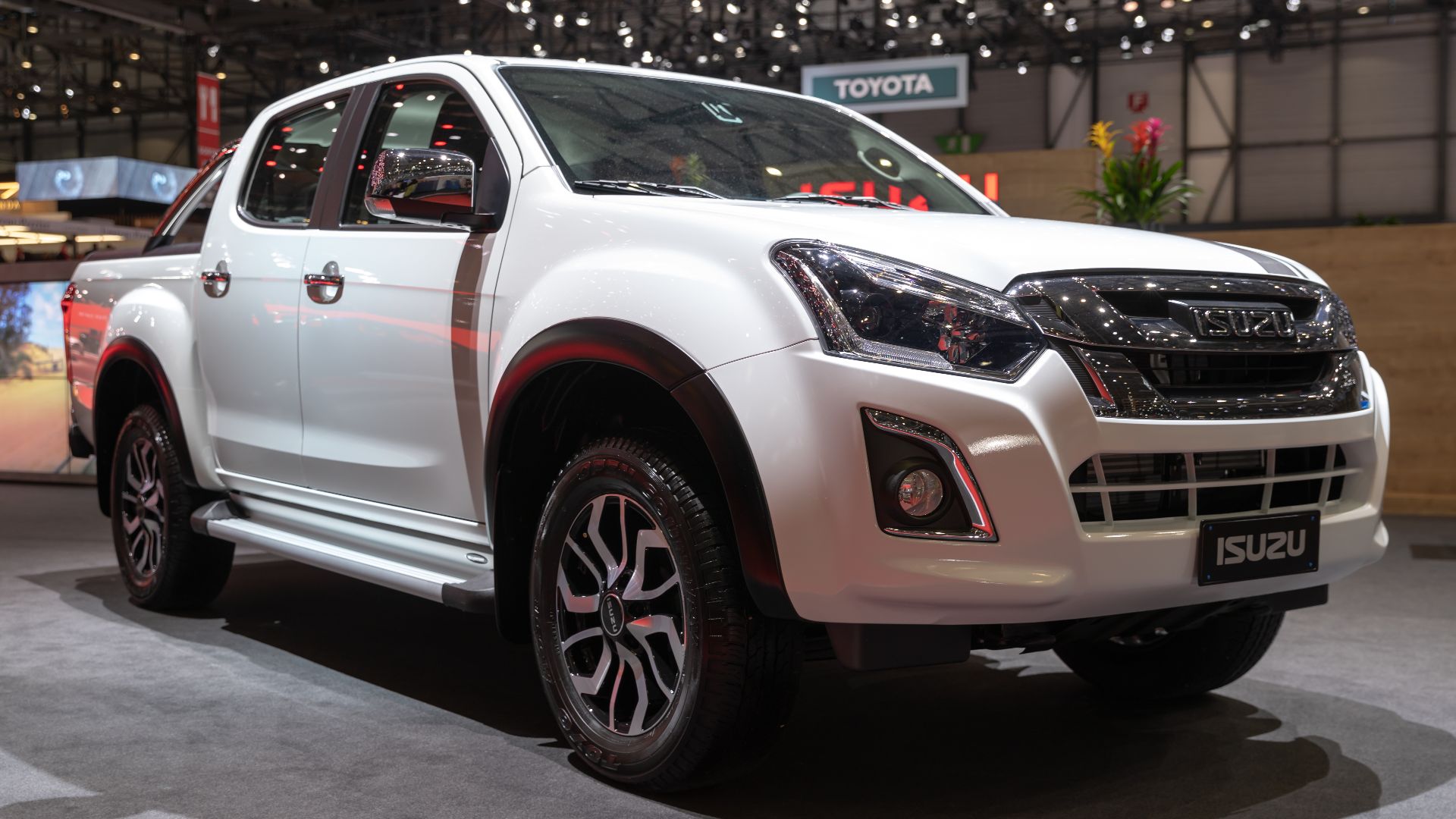 Matti Blume, Wikimedia Commons
Matti Blume, Wikimedia Commons
Isuzu D-Max (The Hate)
But even legends have flaws. Parts availability can be spotty in some regions, and newer electronic systems make diagnostics trickier than before. Still, most mechanics would rather work on a D-Max than almost anything else in its class.
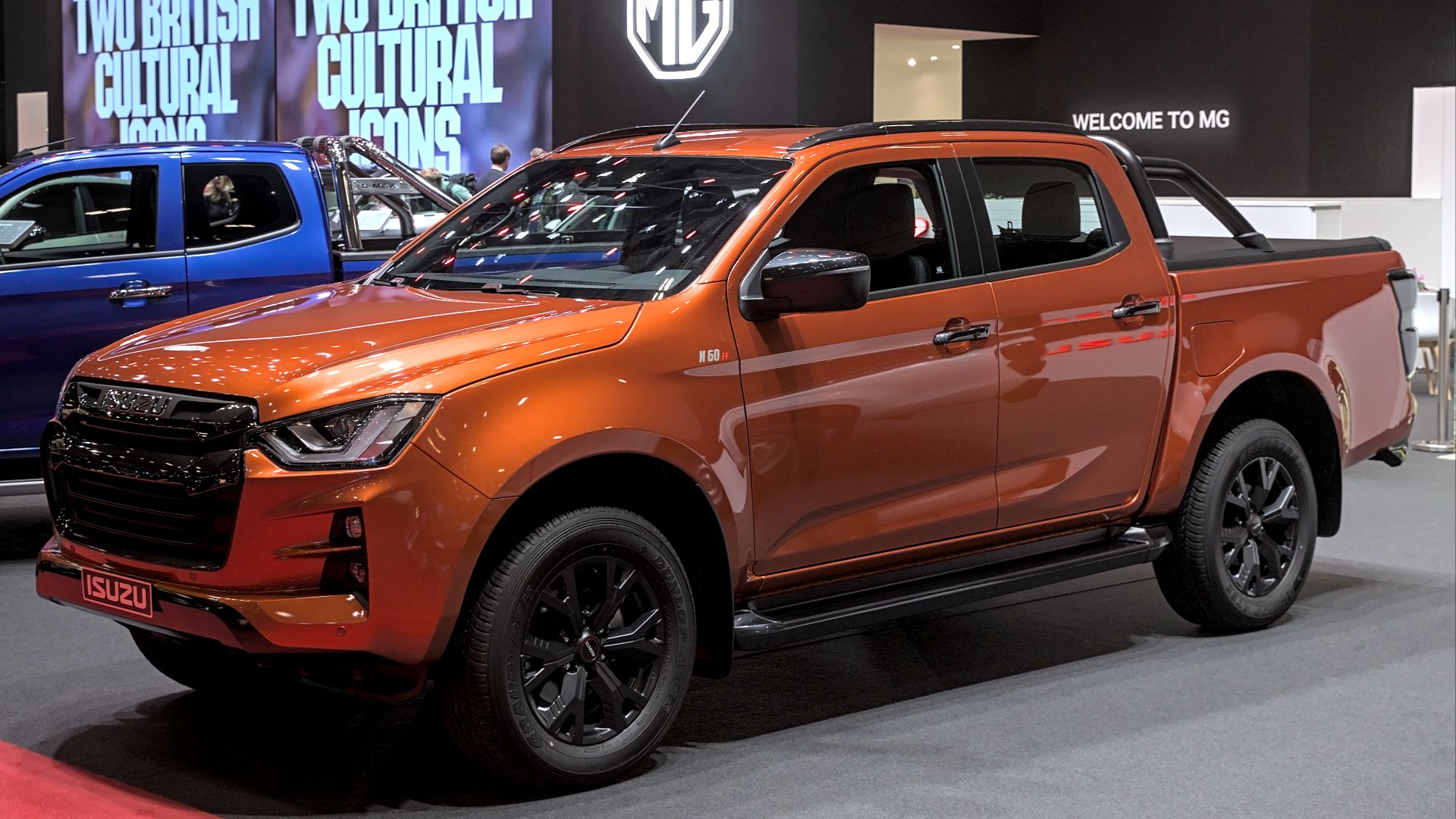 Alexander-93, Wikimedia Commons
Alexander-93, Wikimedia Commons
You Might Also Like:
Electric Pick-Up Trucks Compared—Which One Is The Best?
10 Of The Rarest Pickup Trucks Ever Made
Classic Pickup Trucks Everyone Loved That Are Almost Impossible To Find Today


